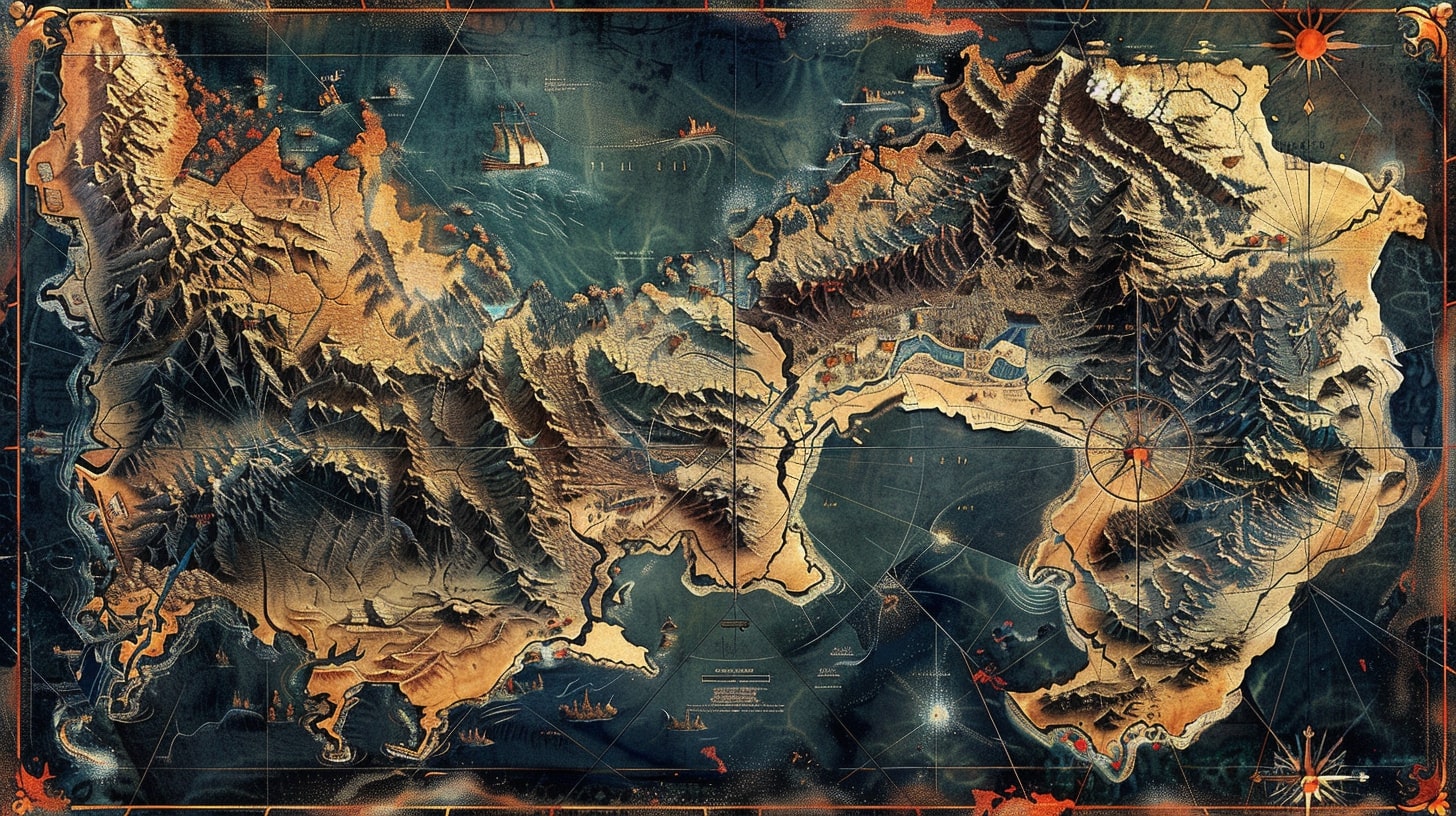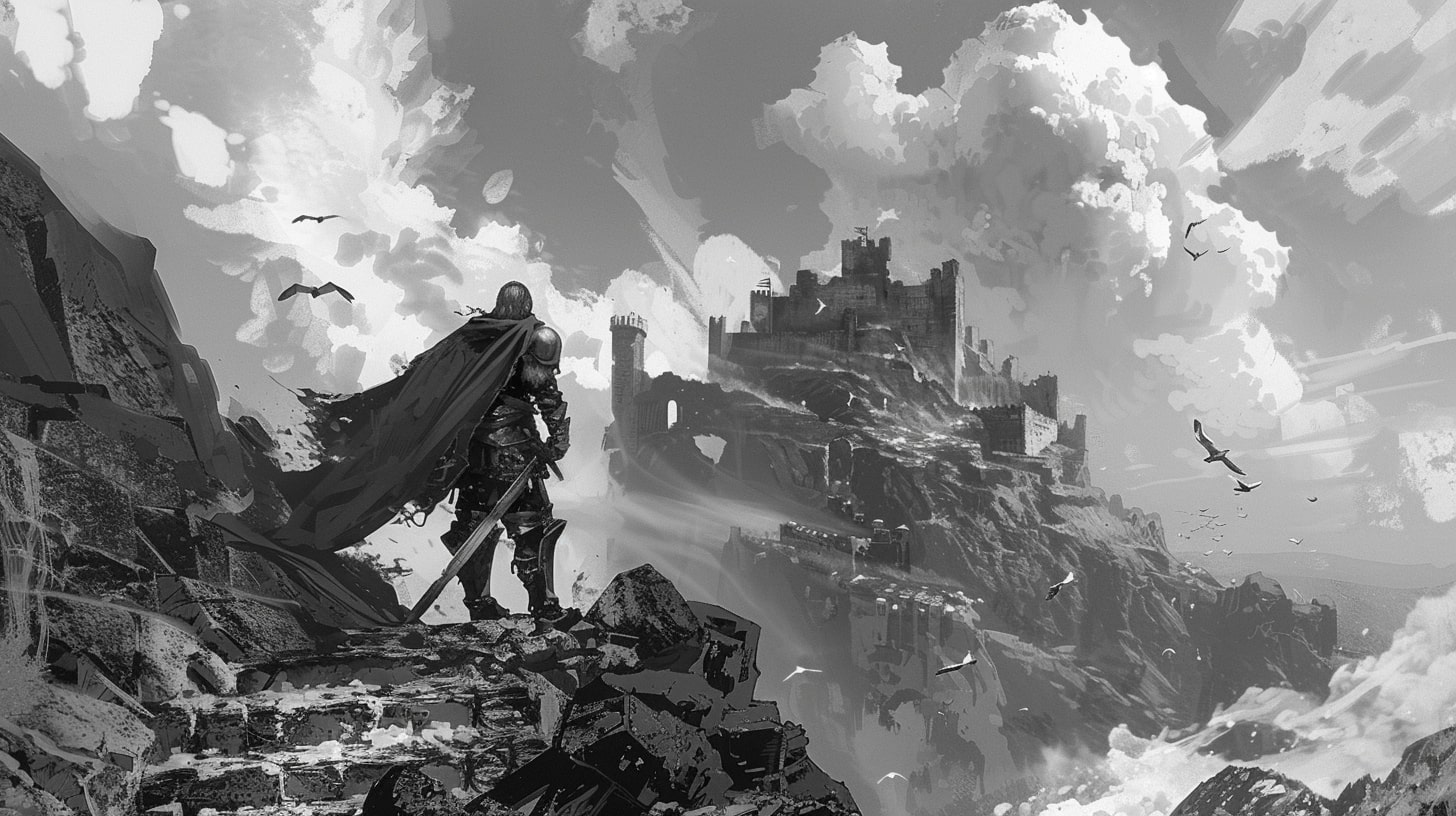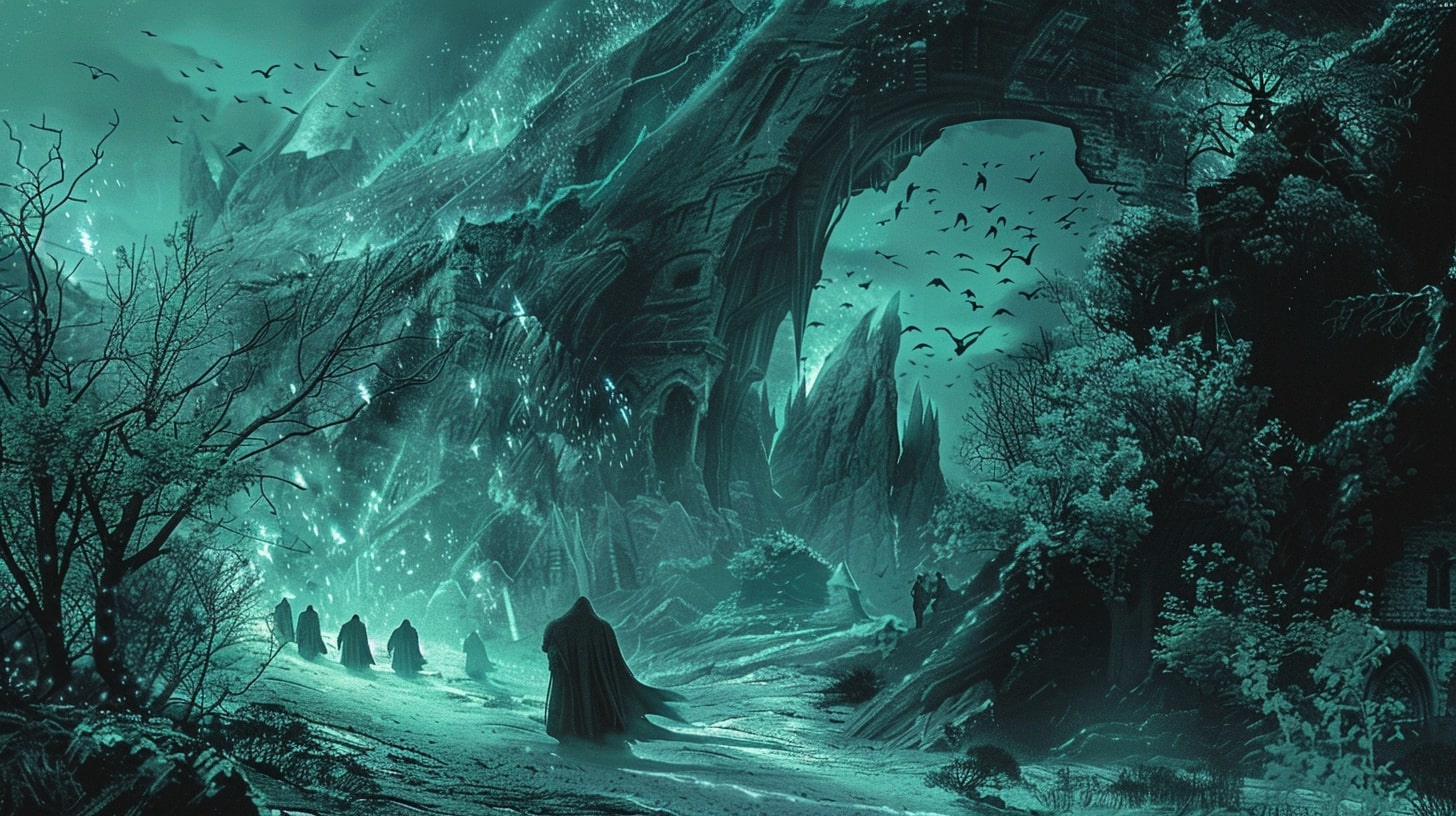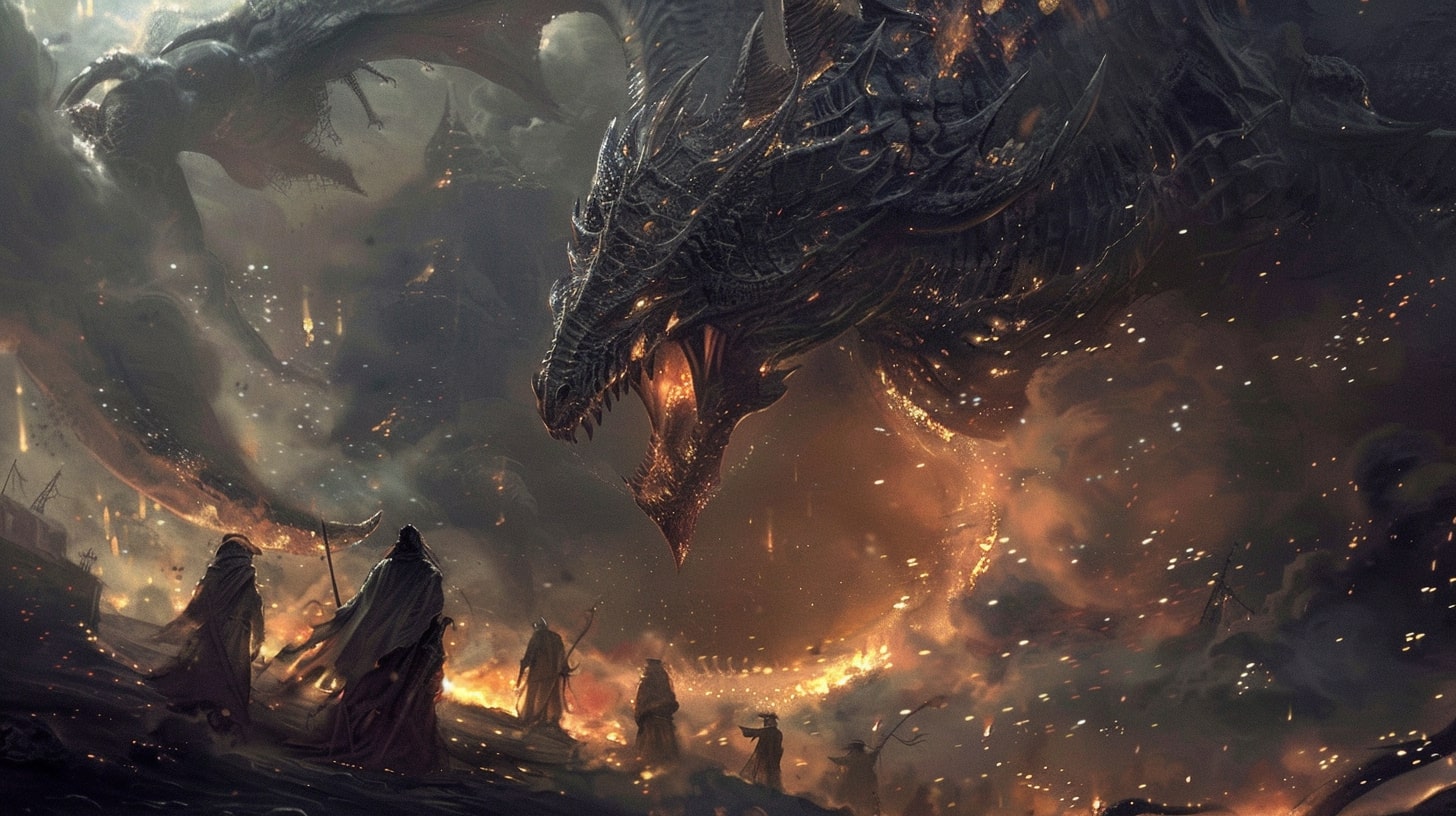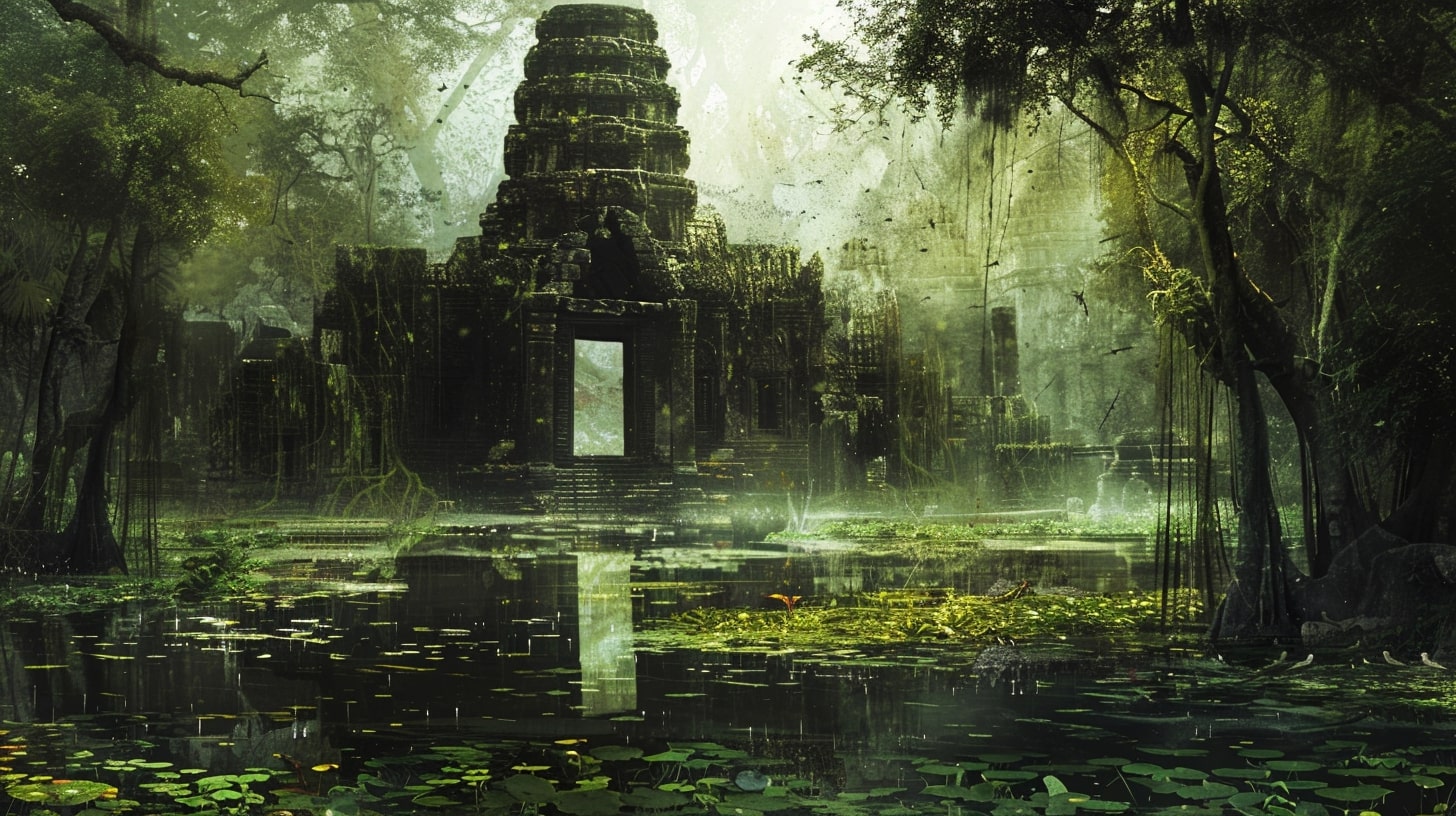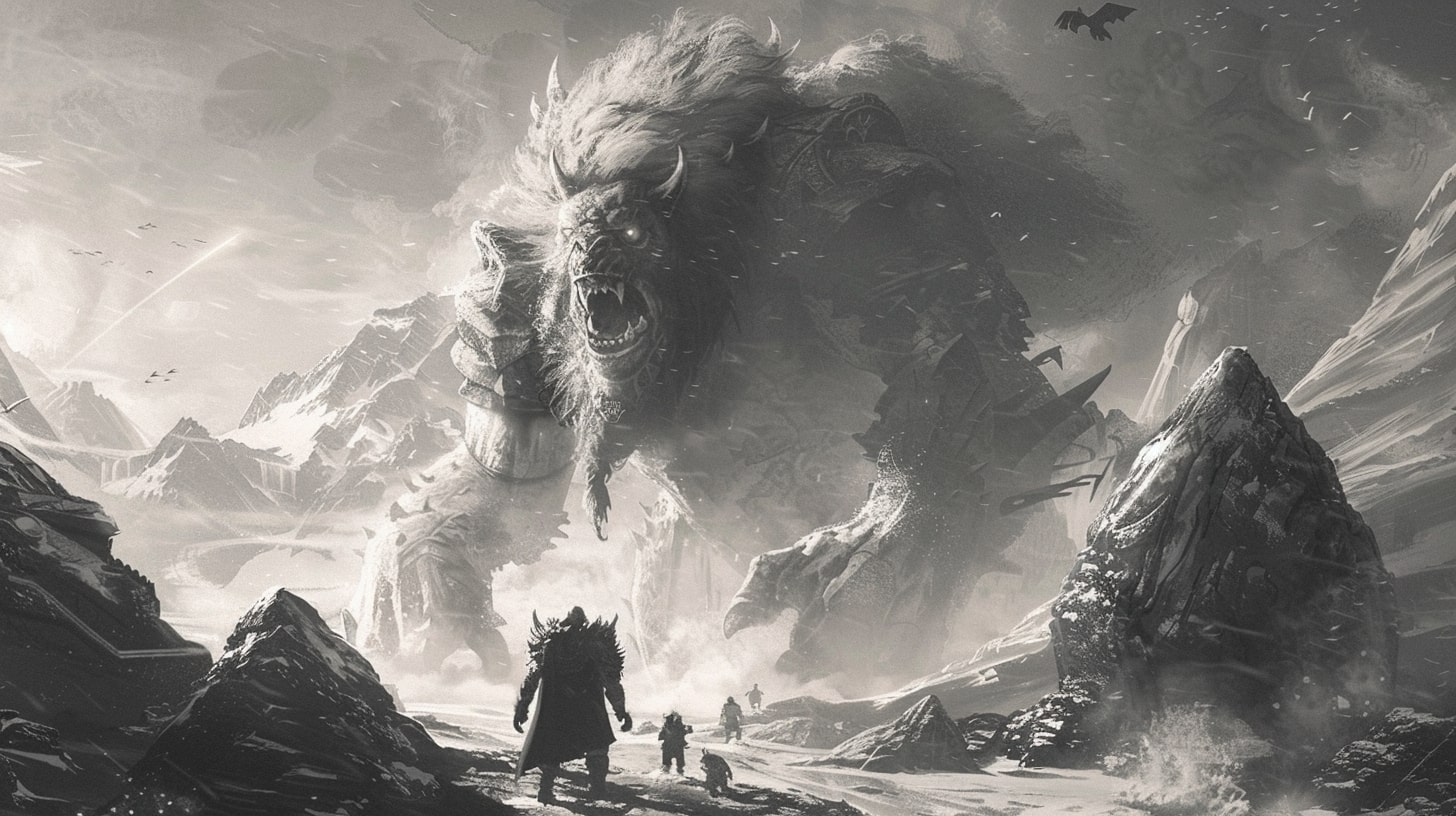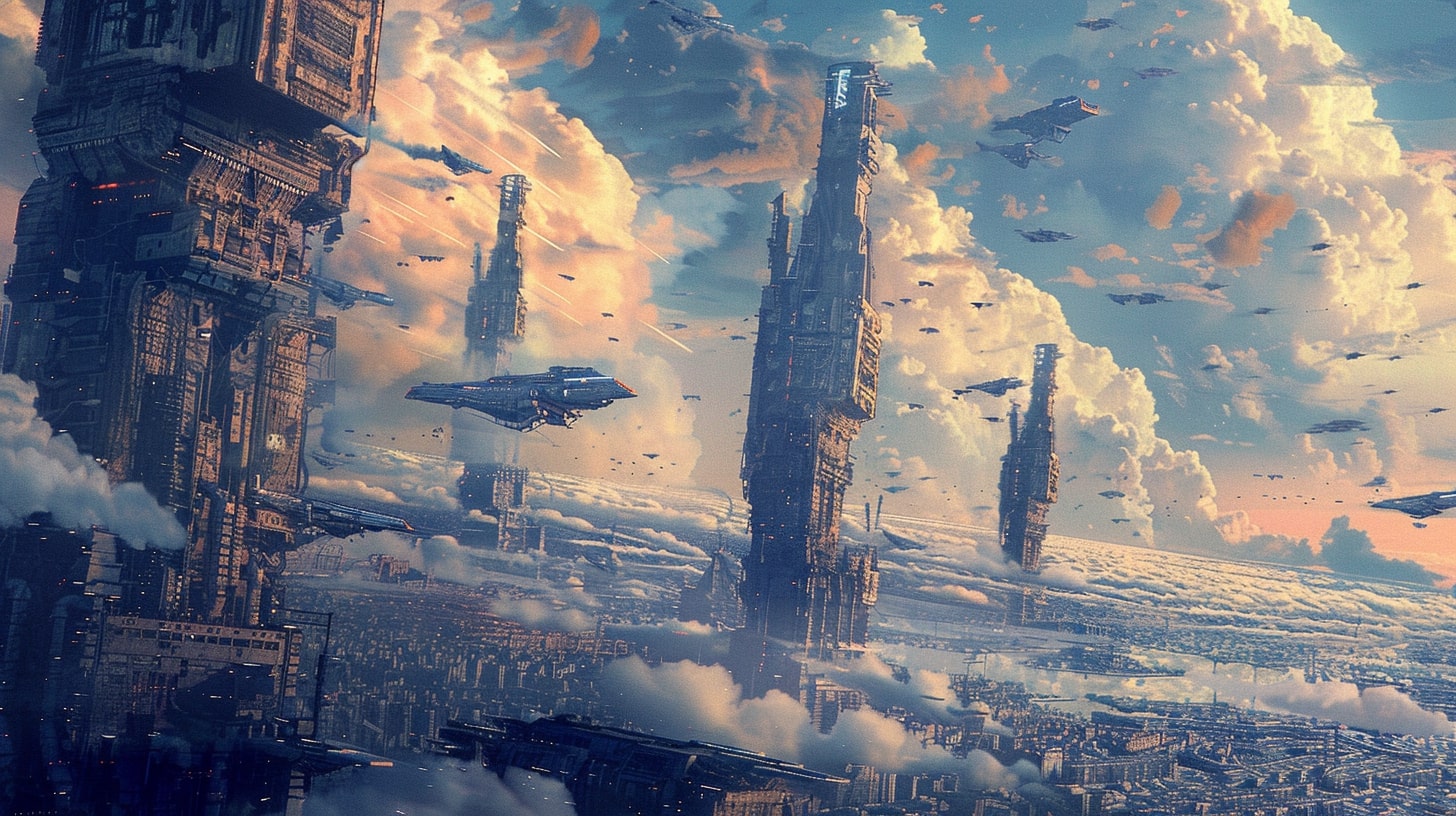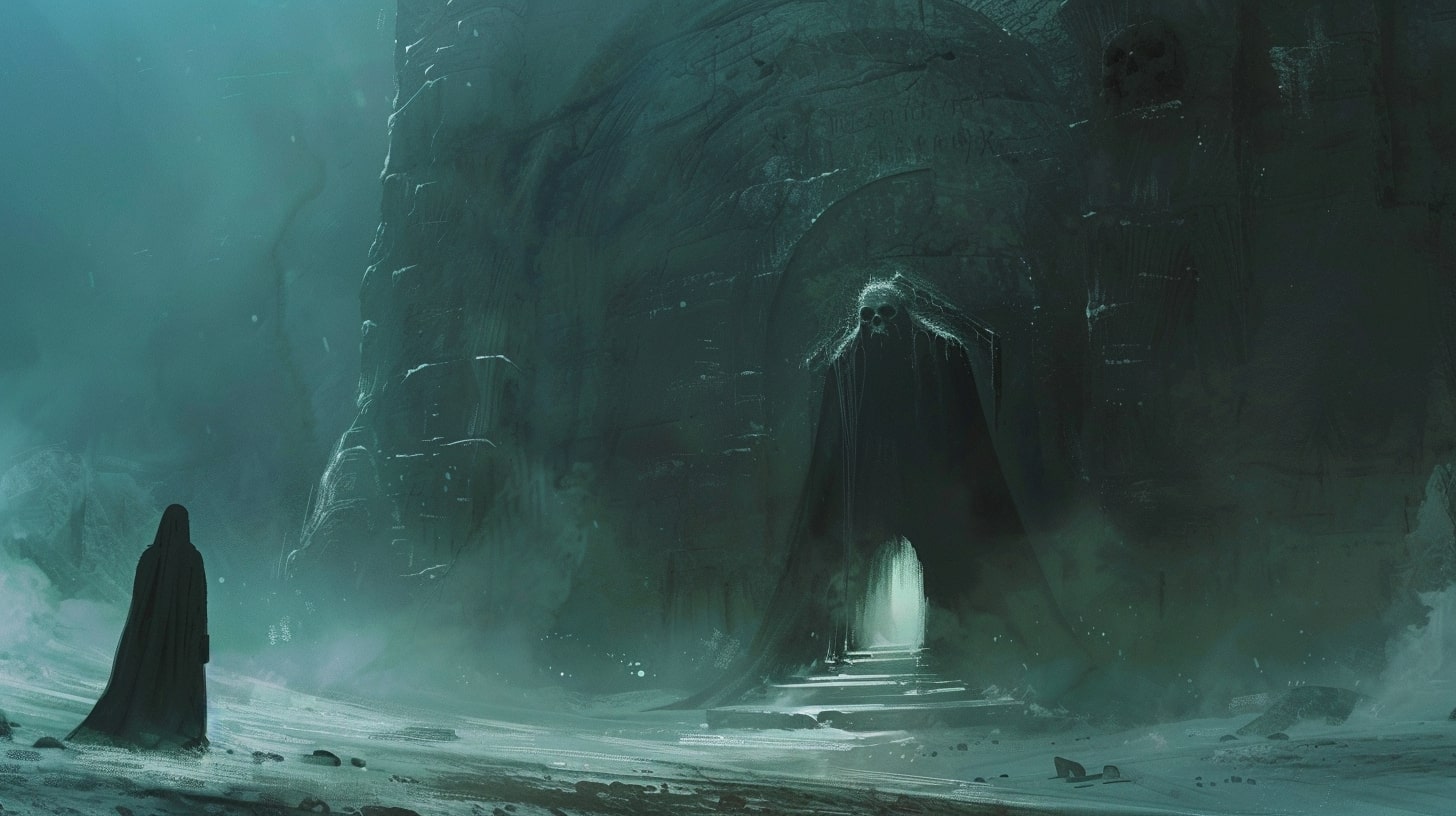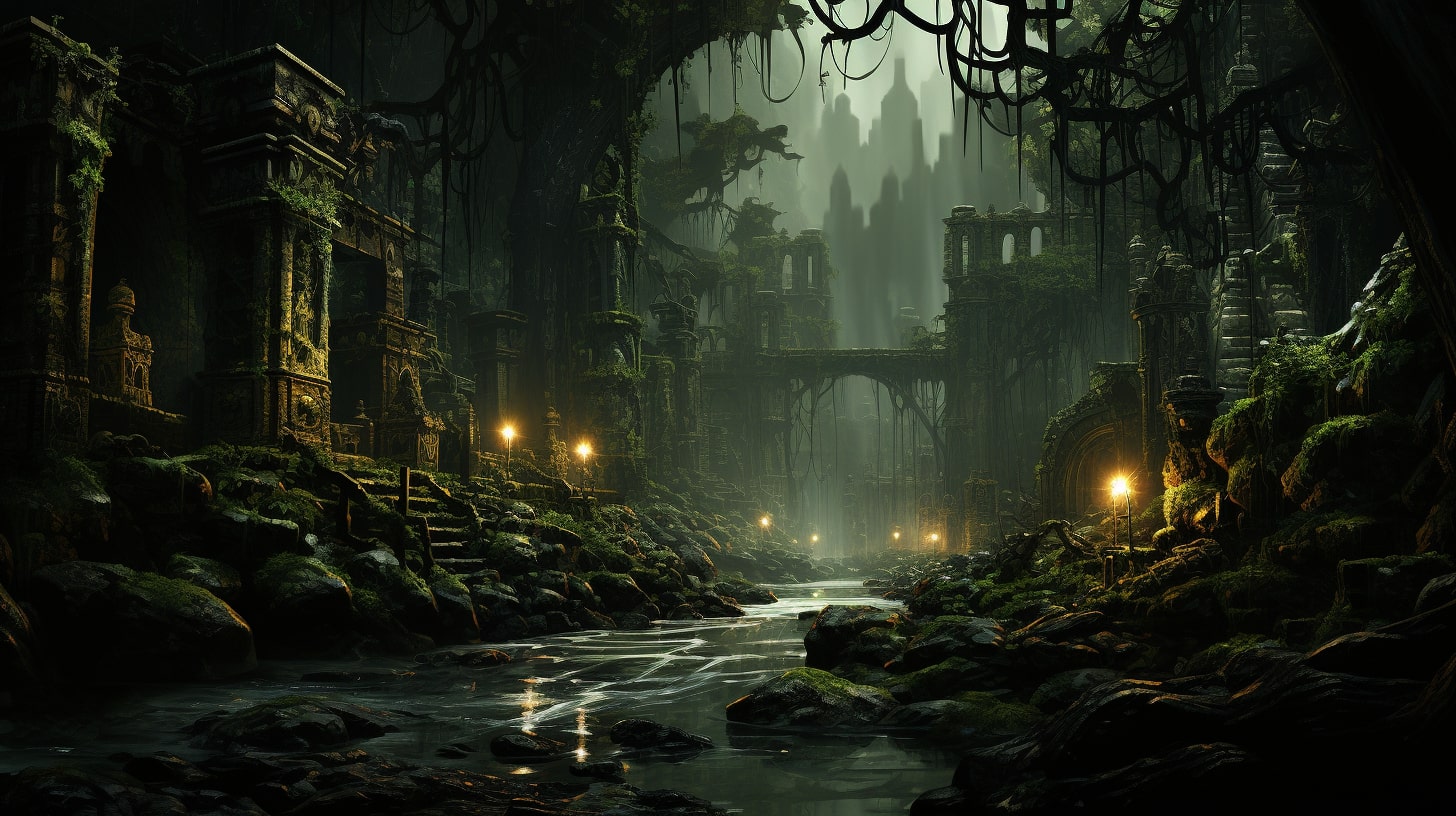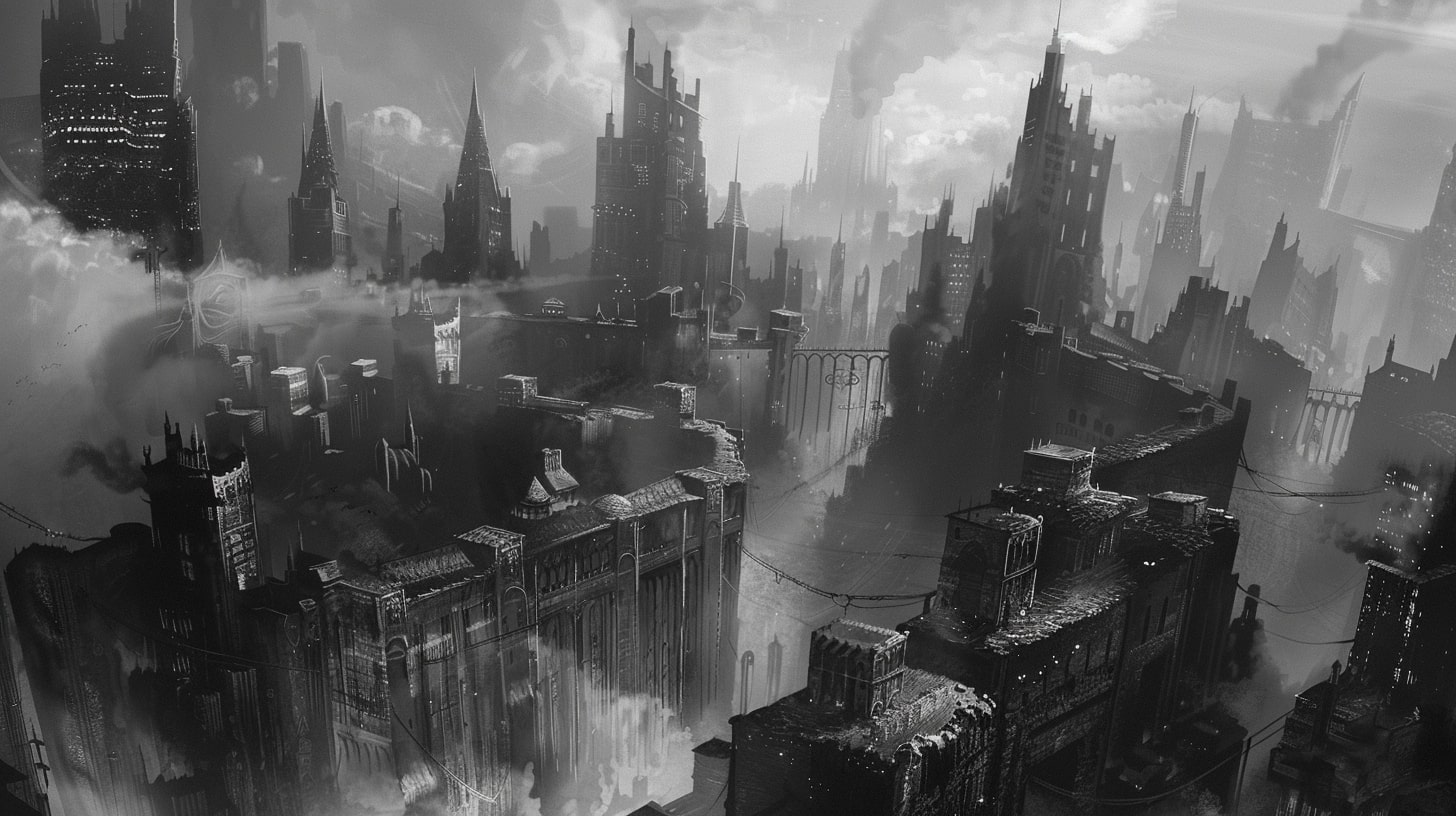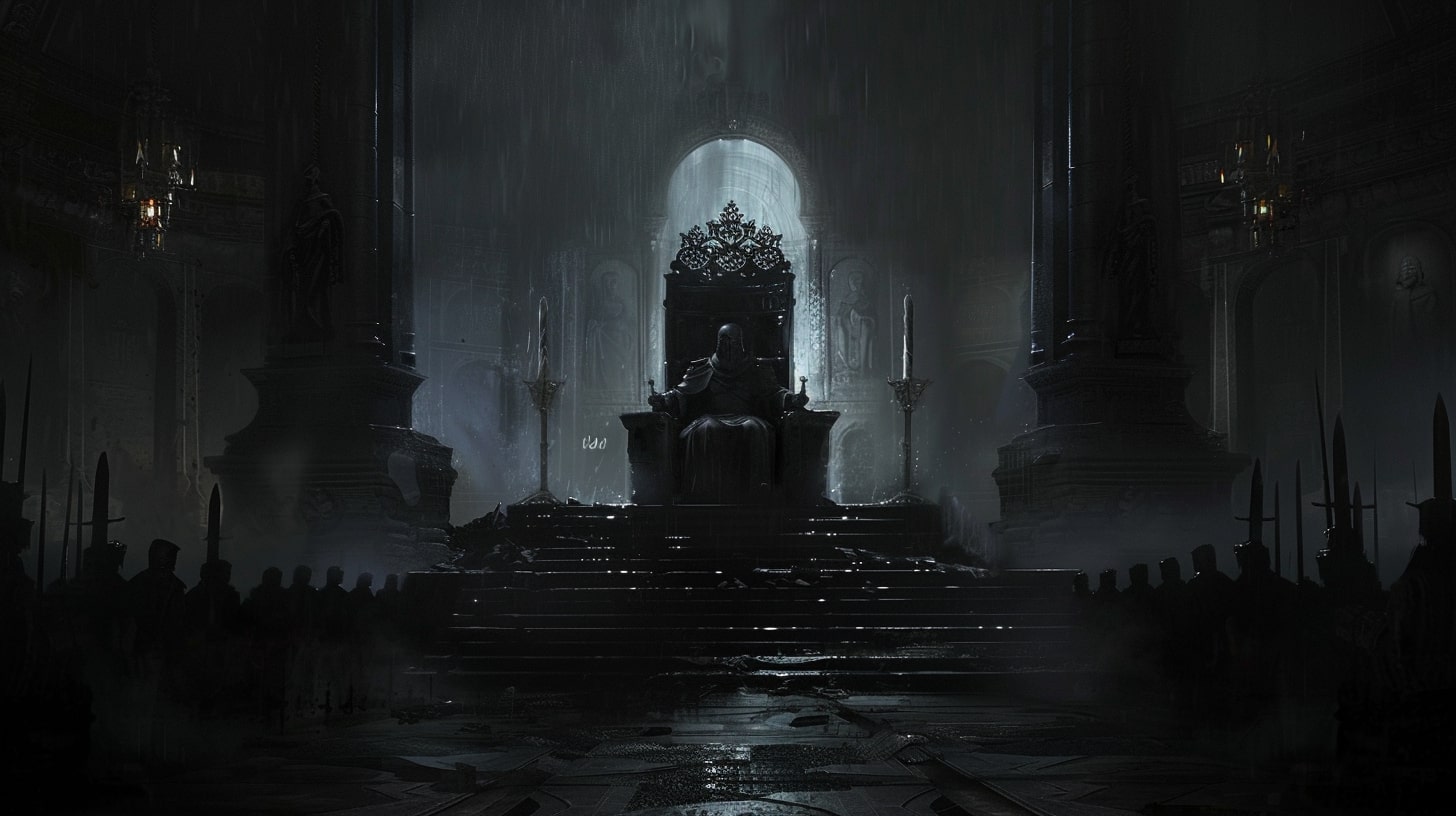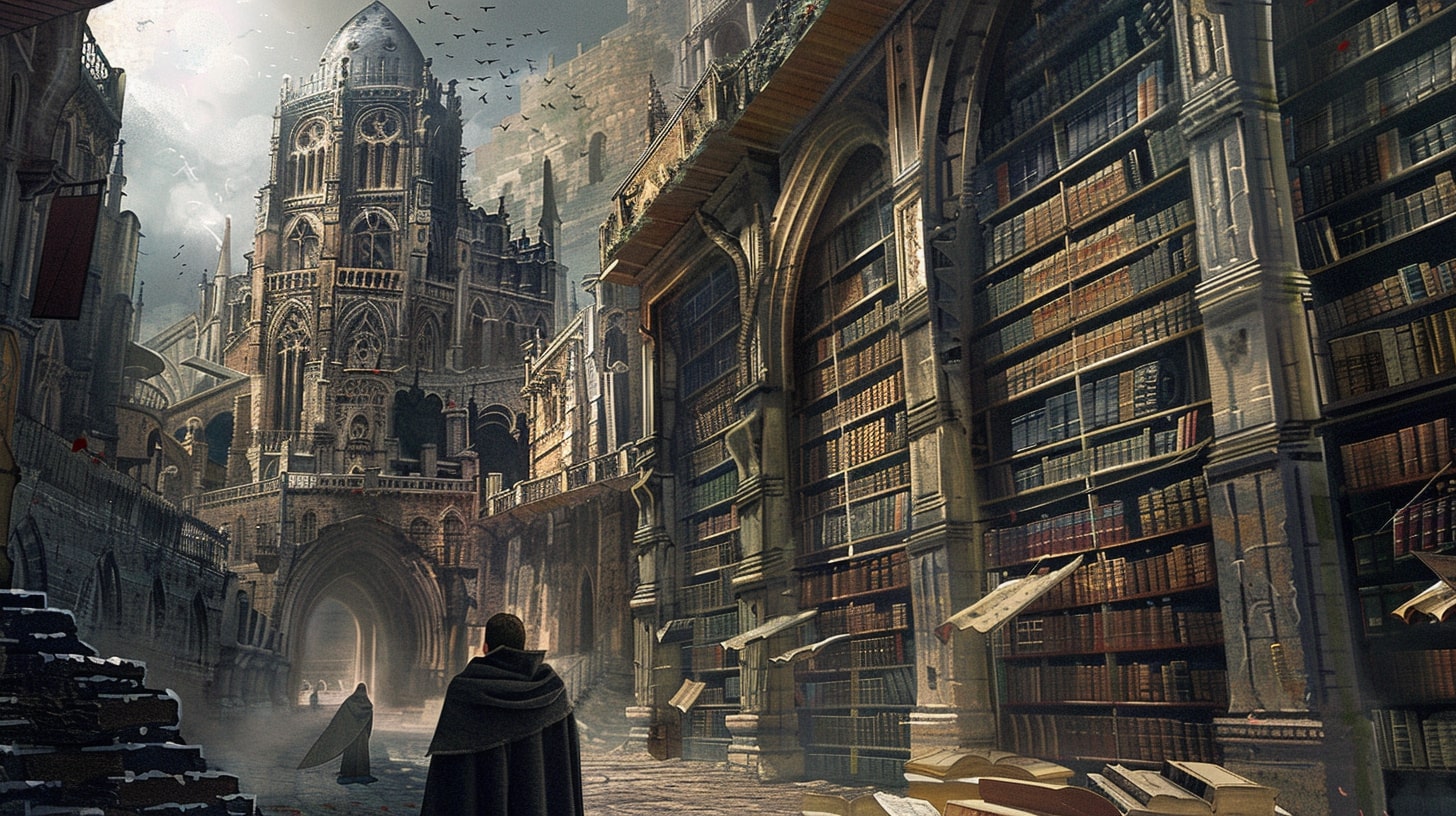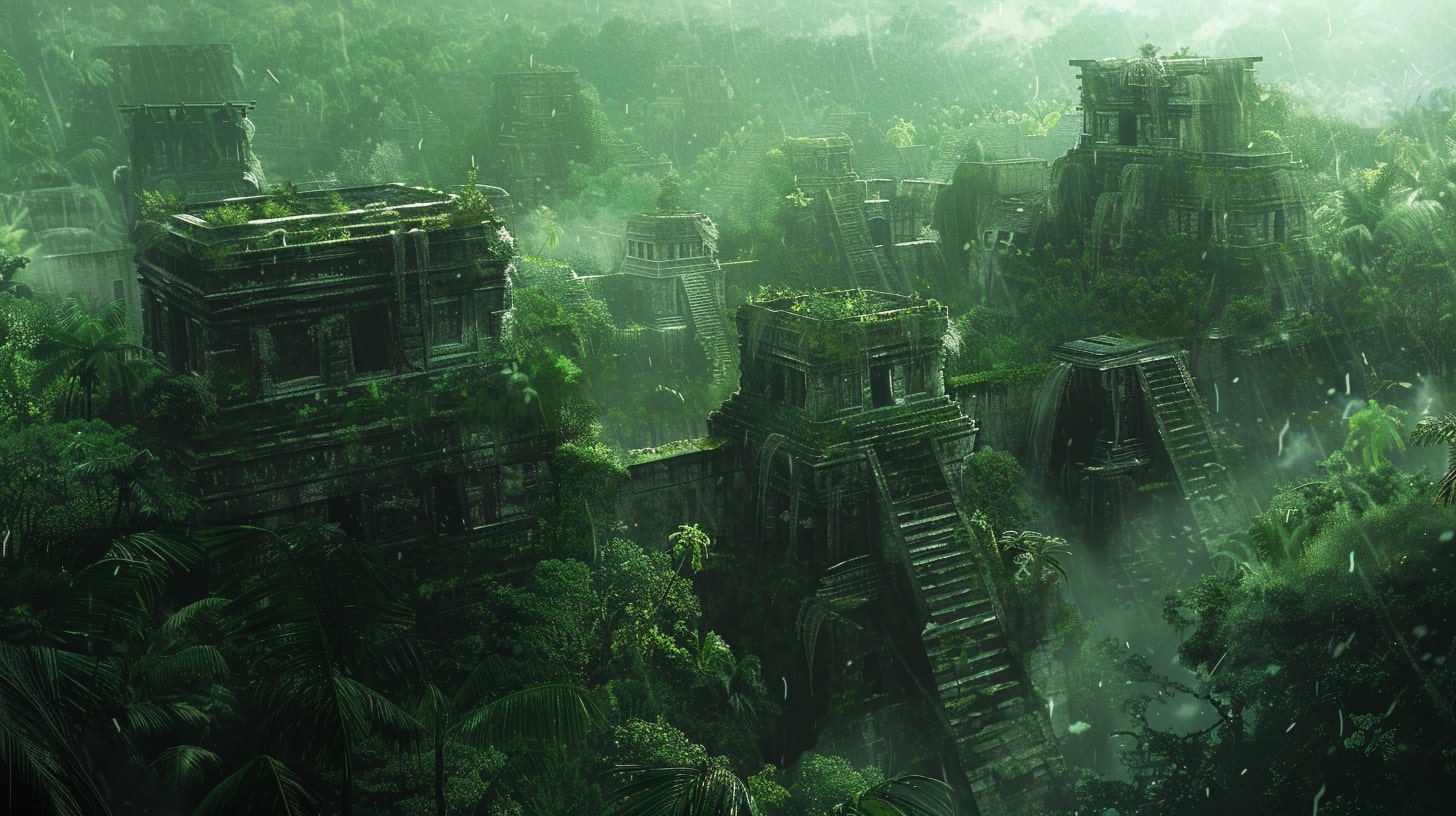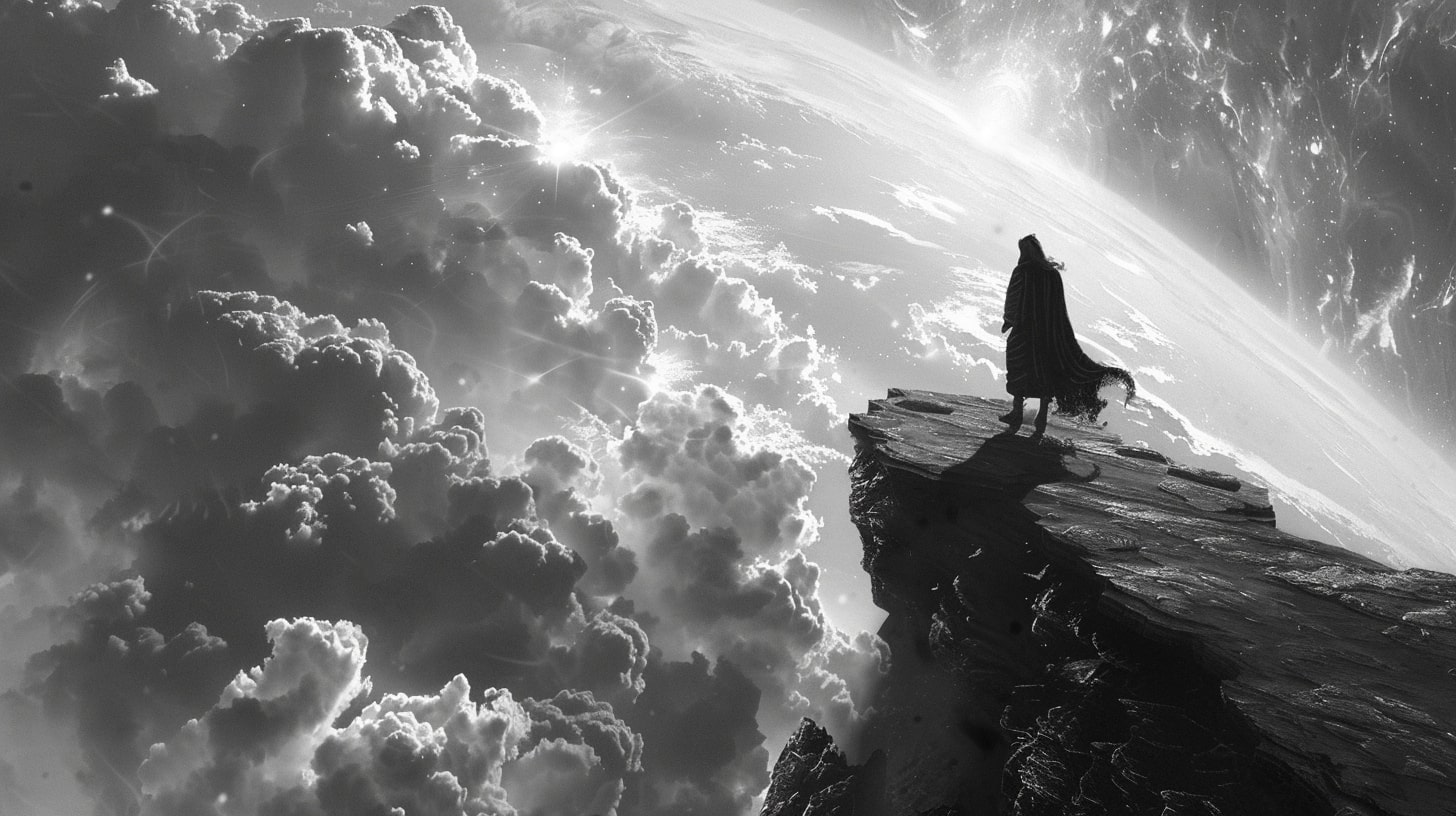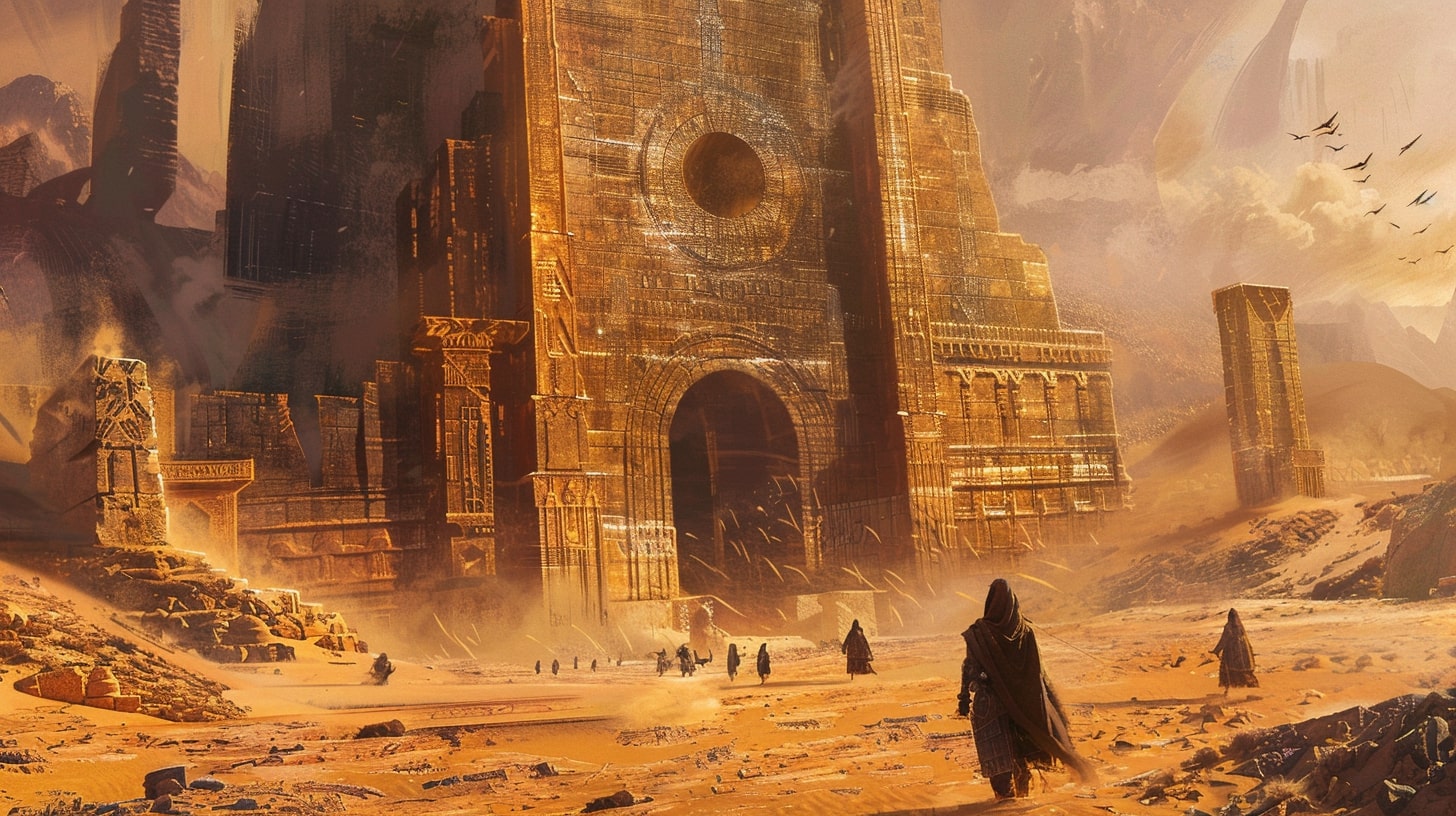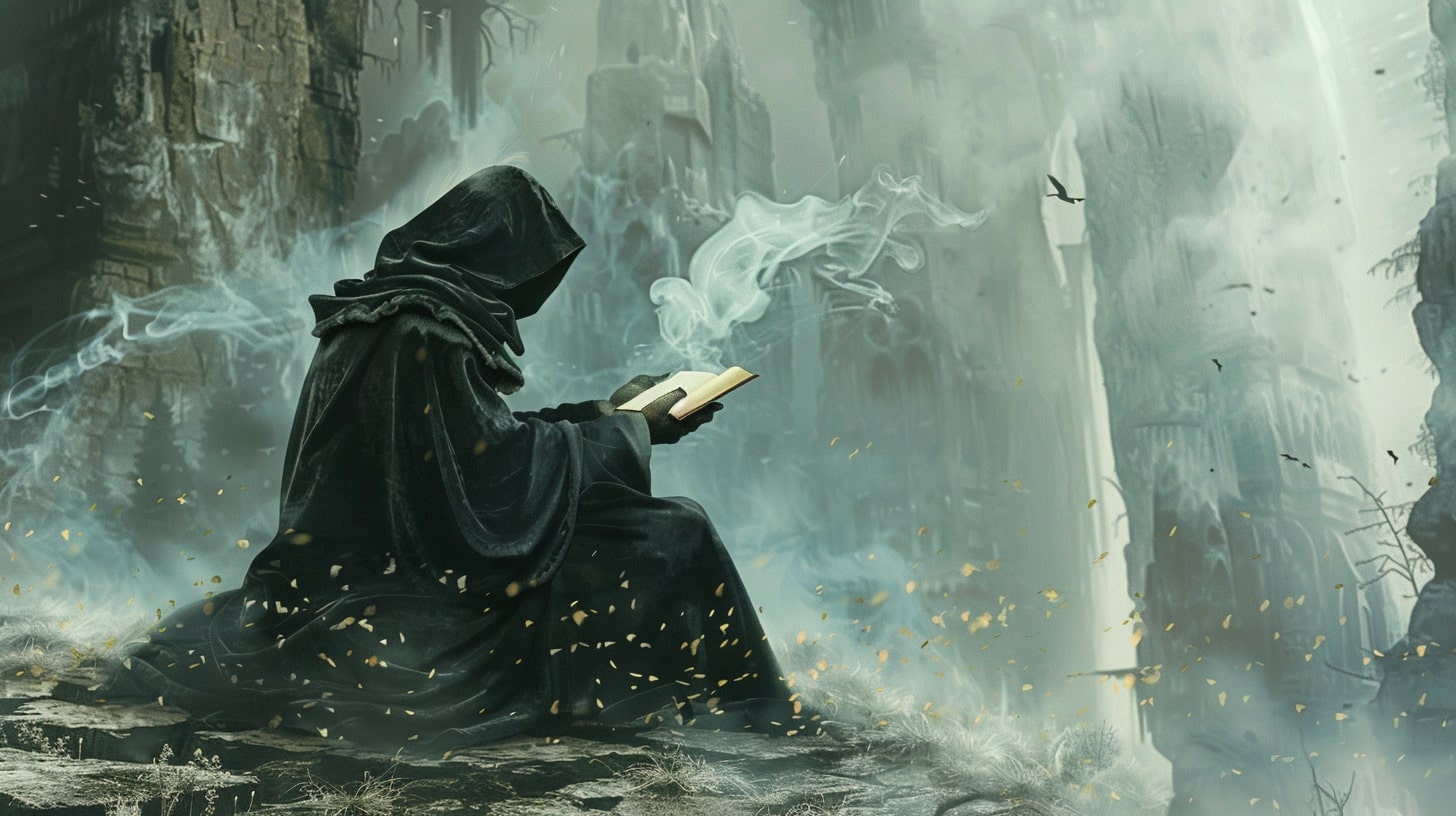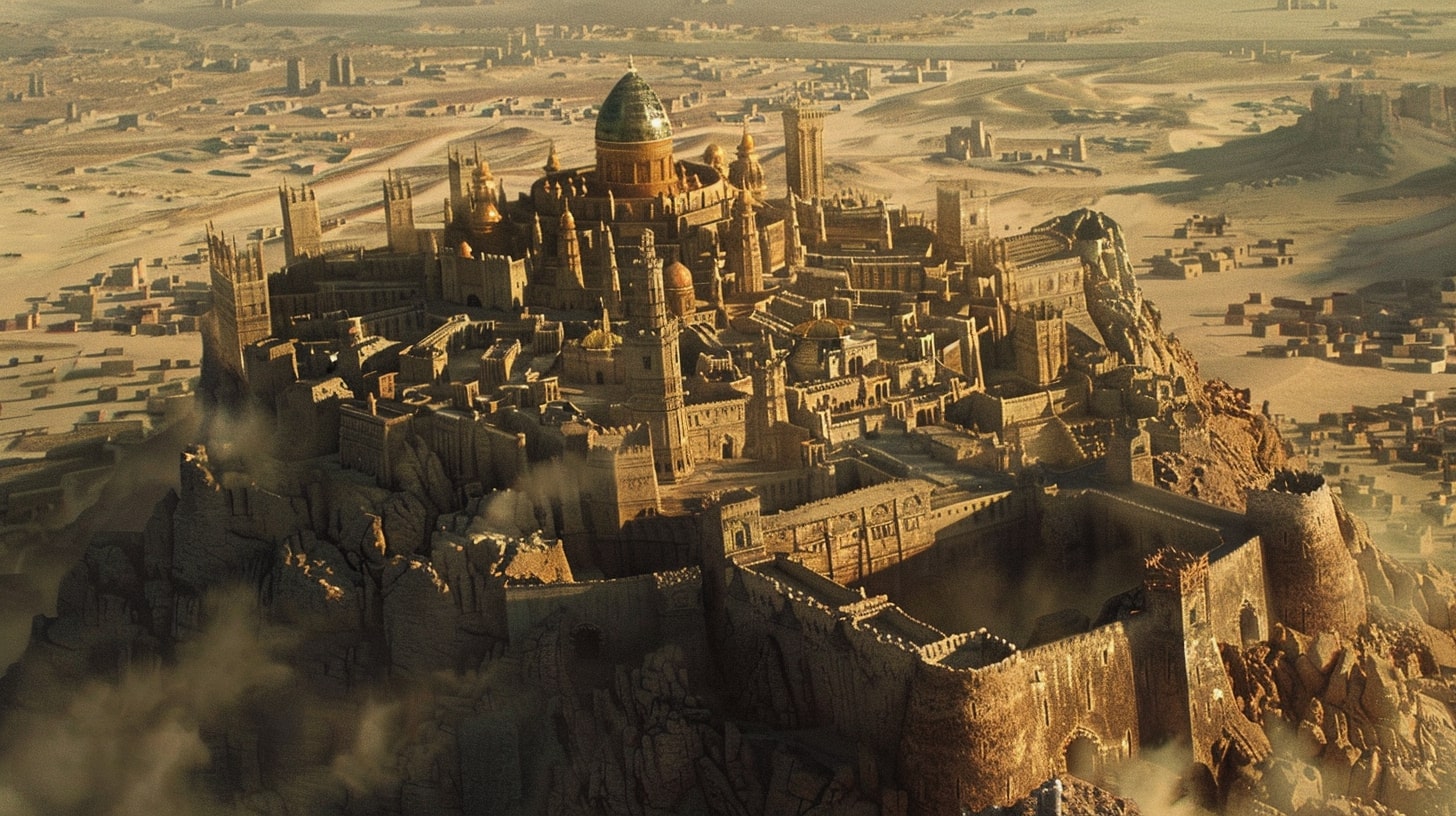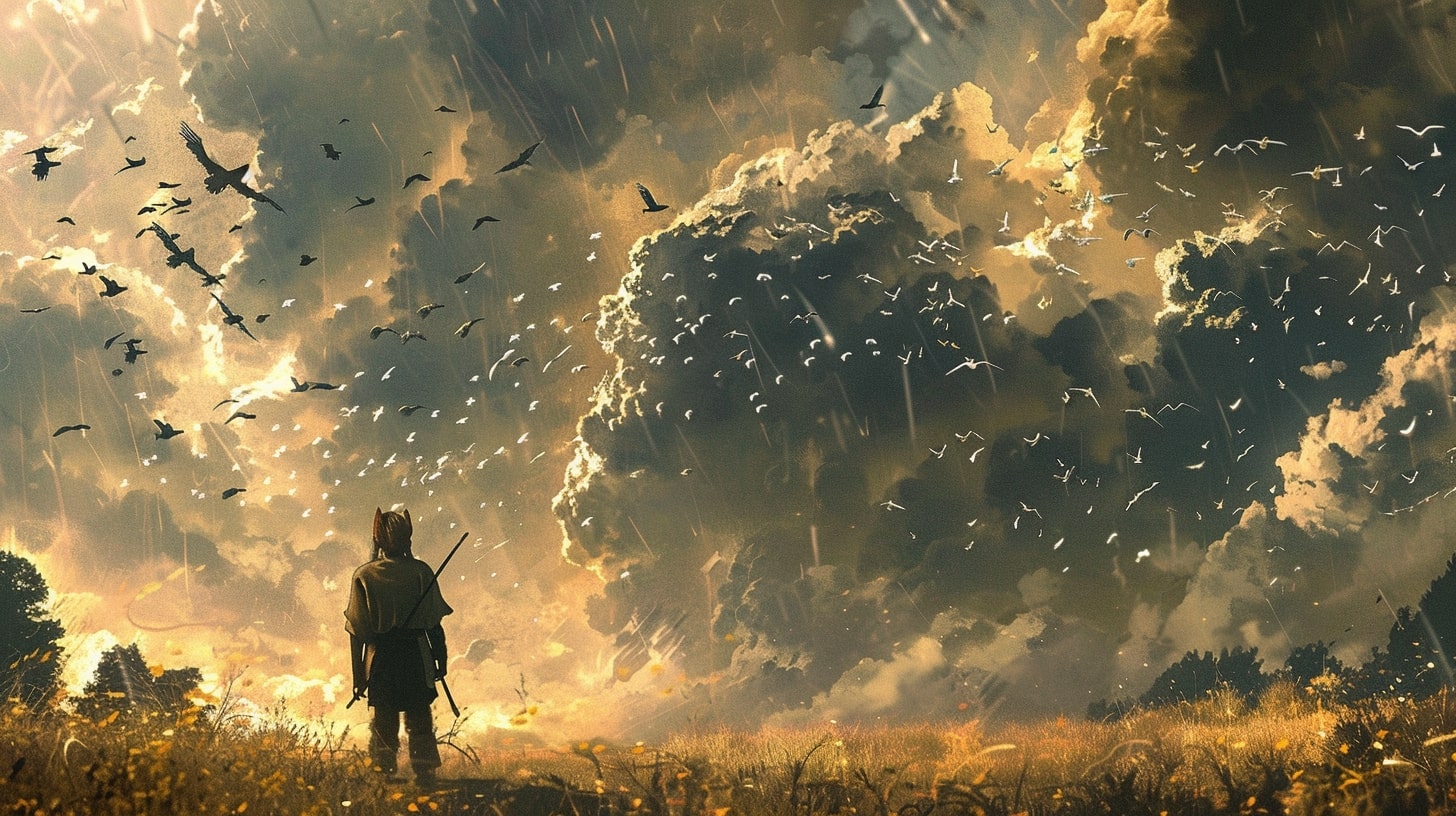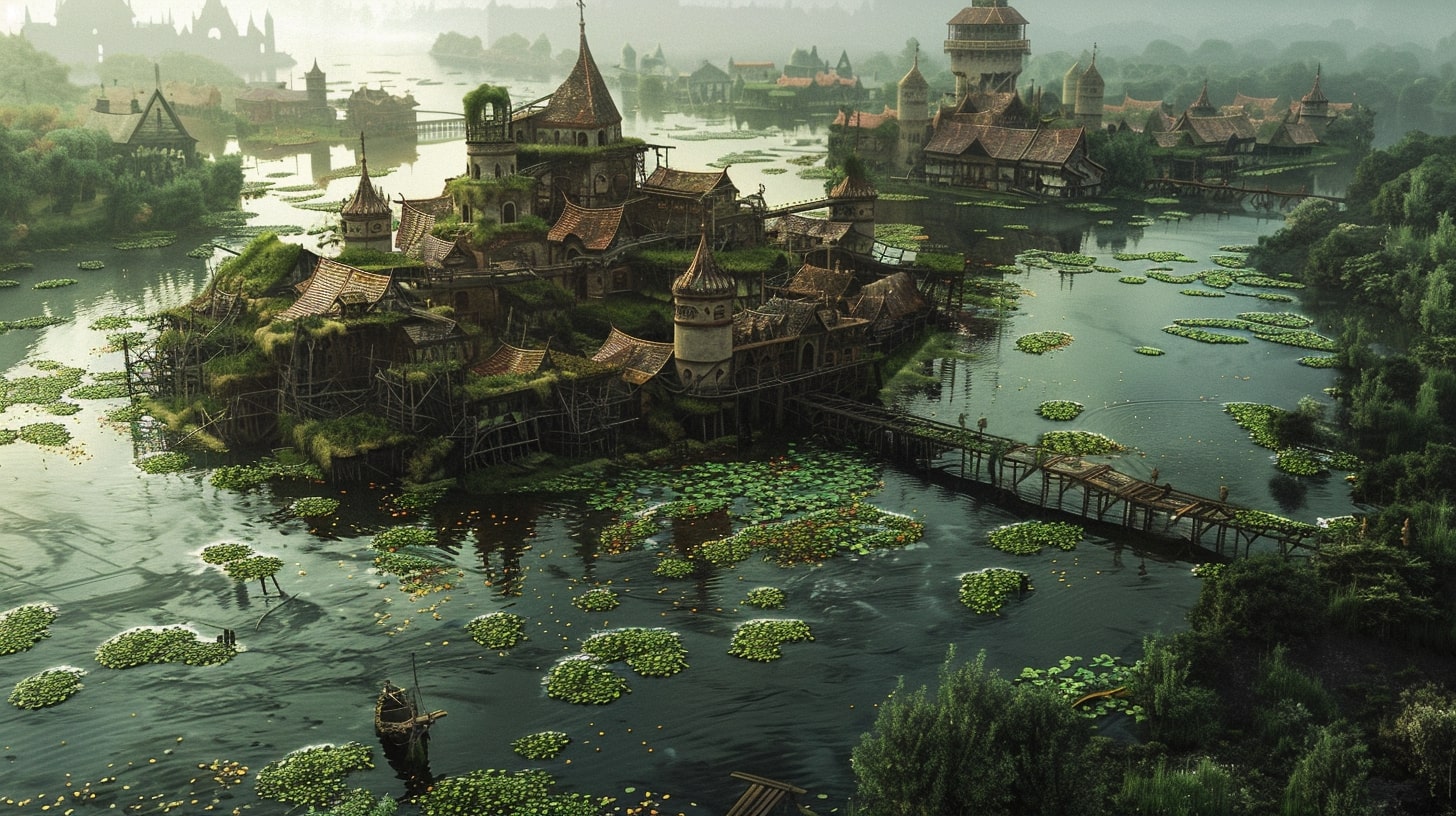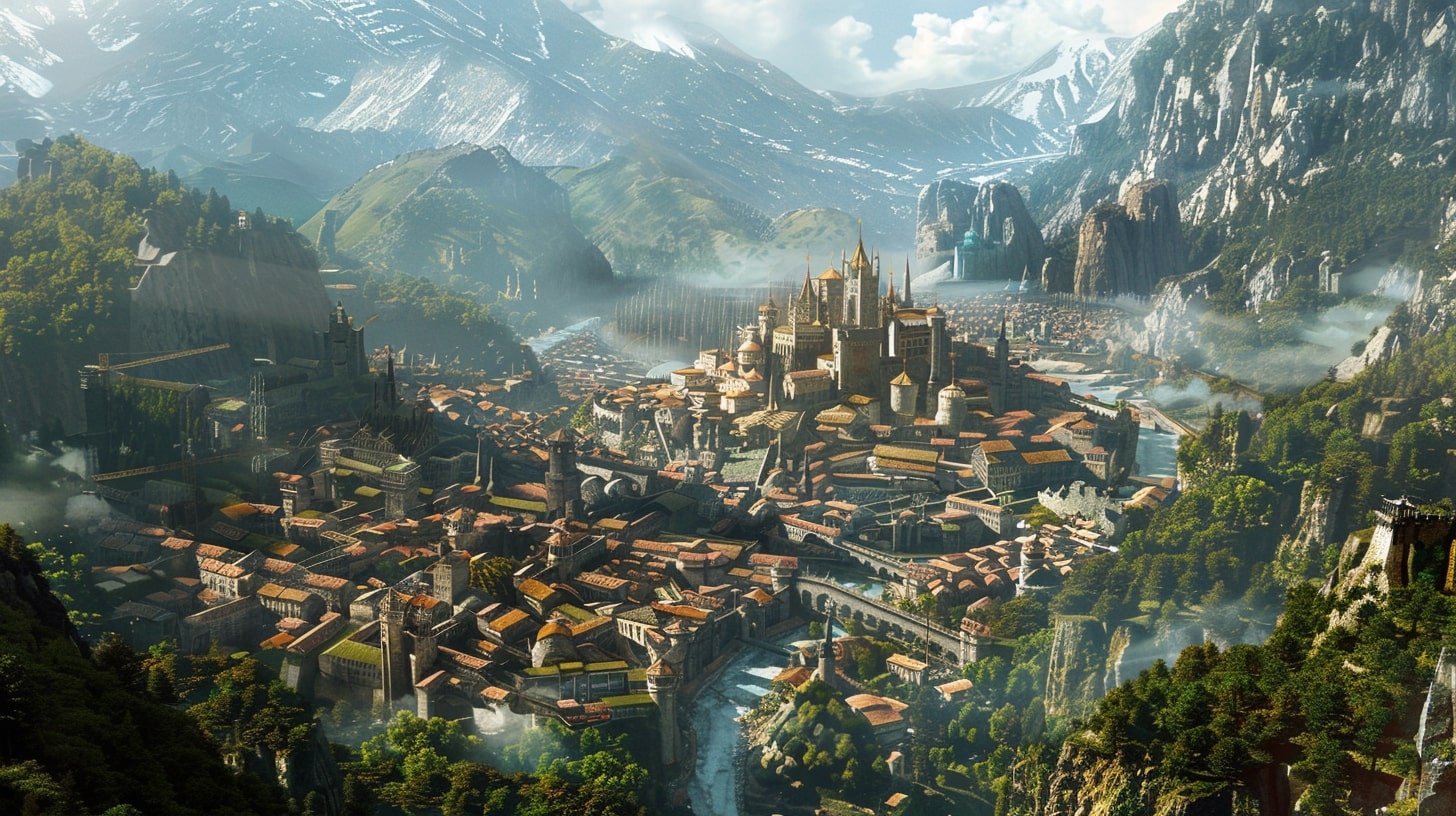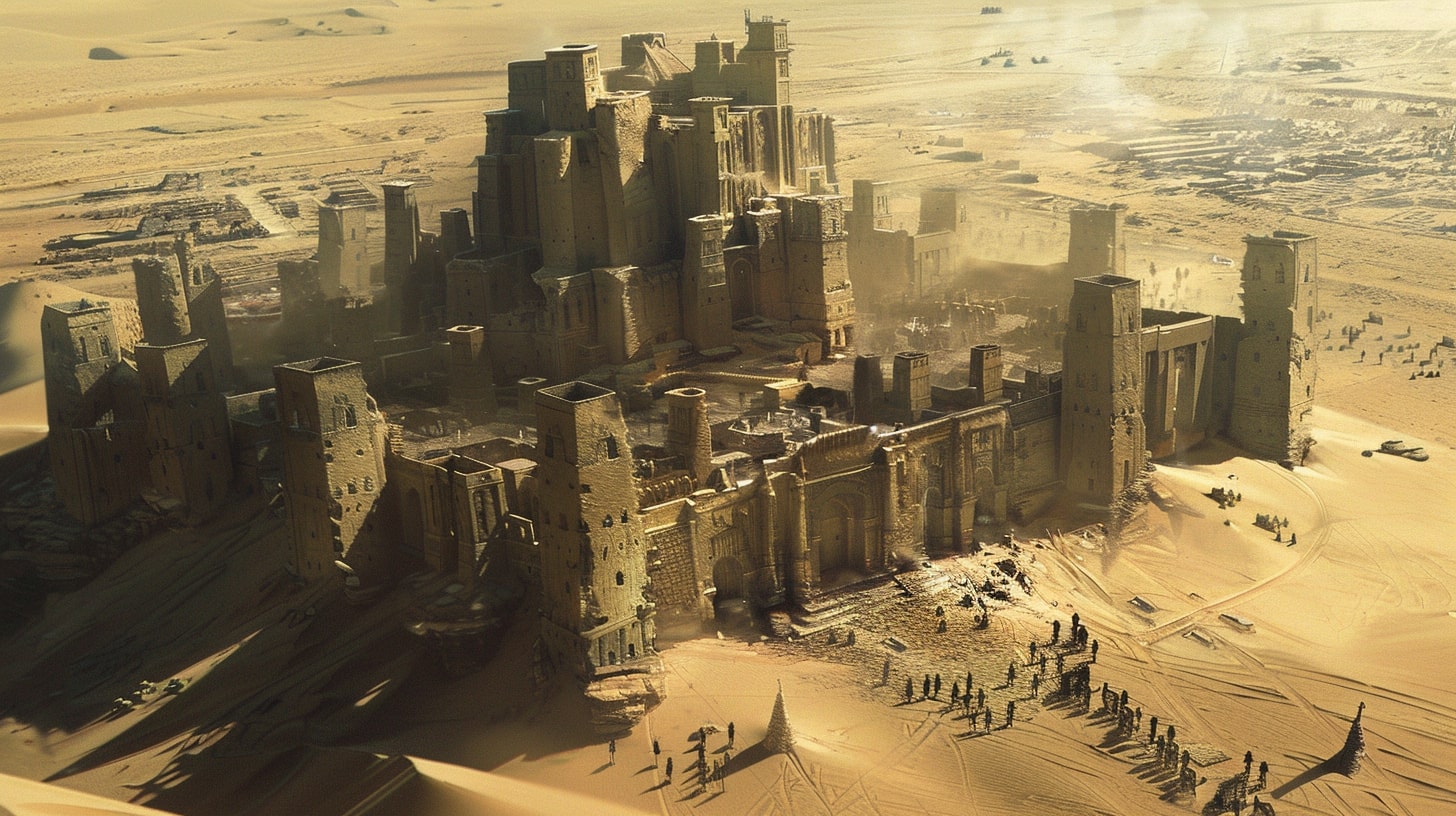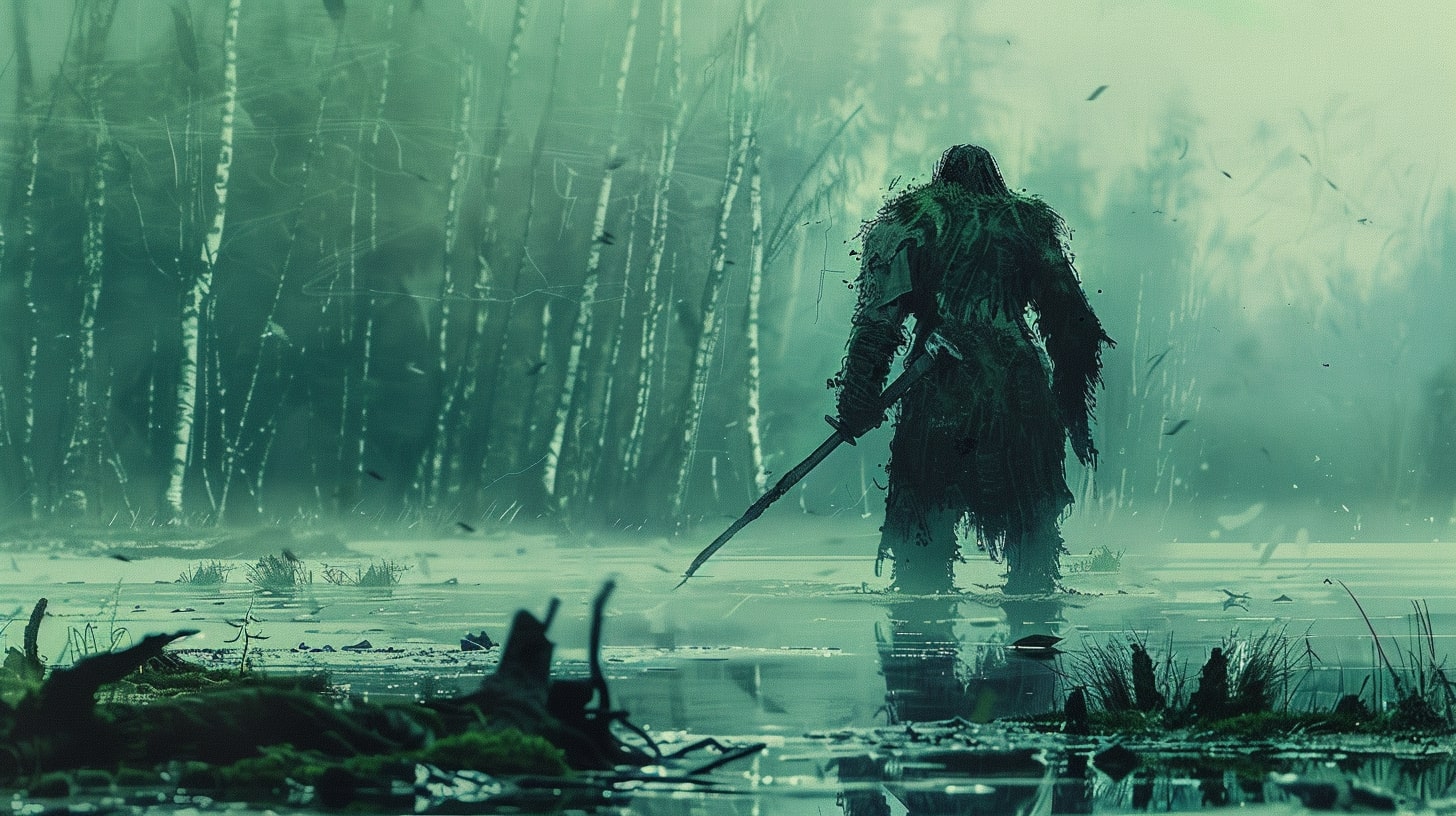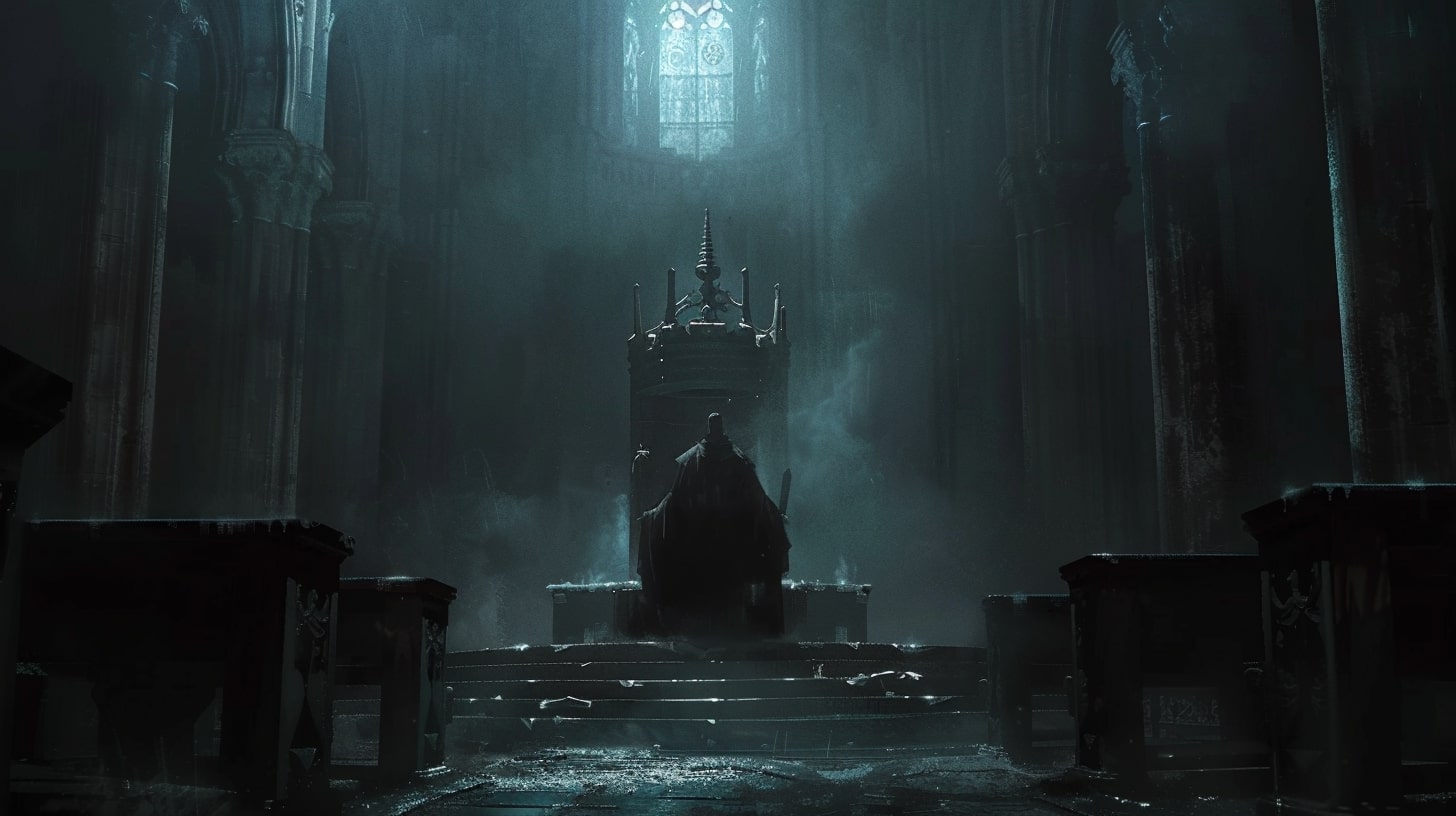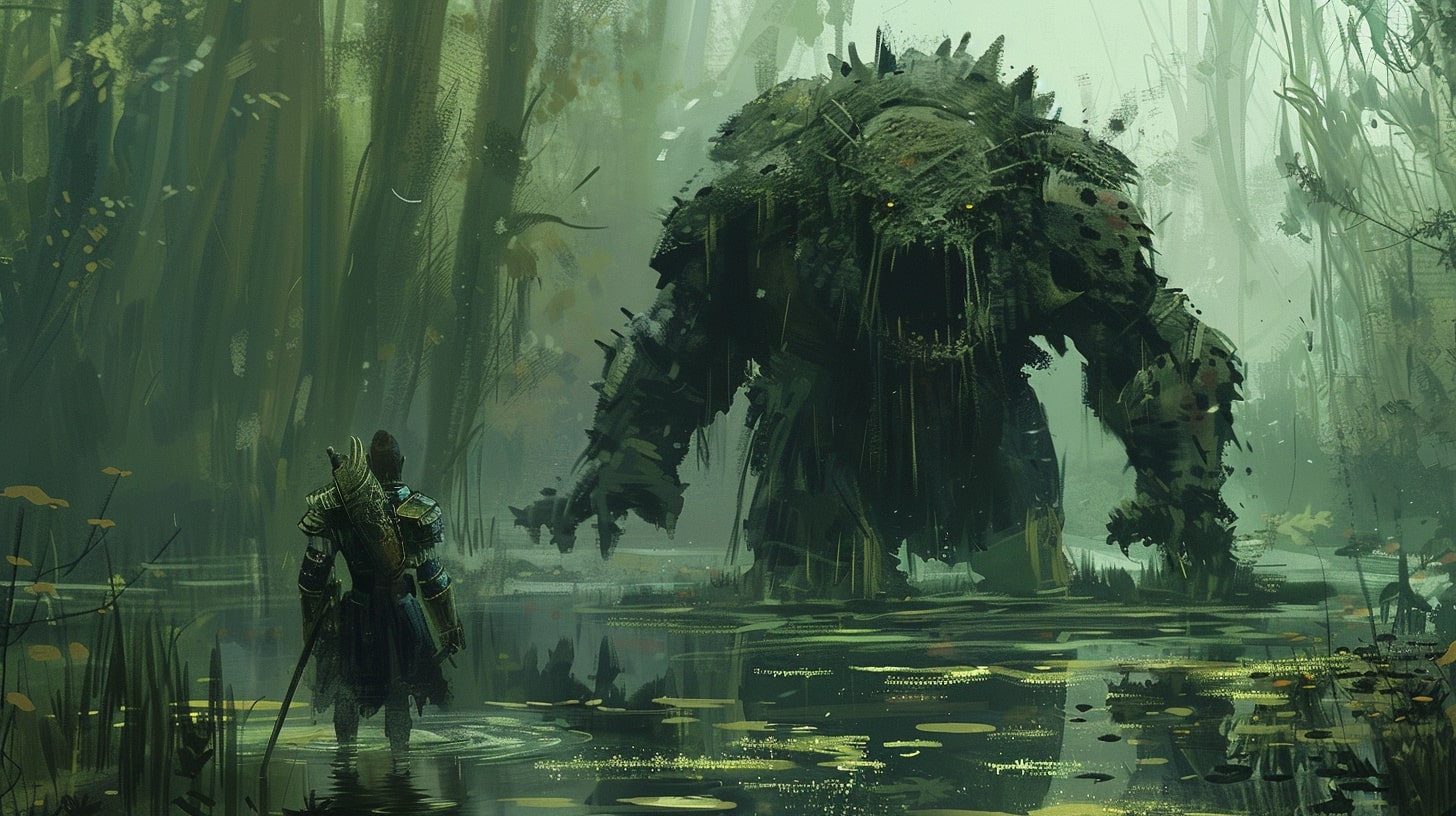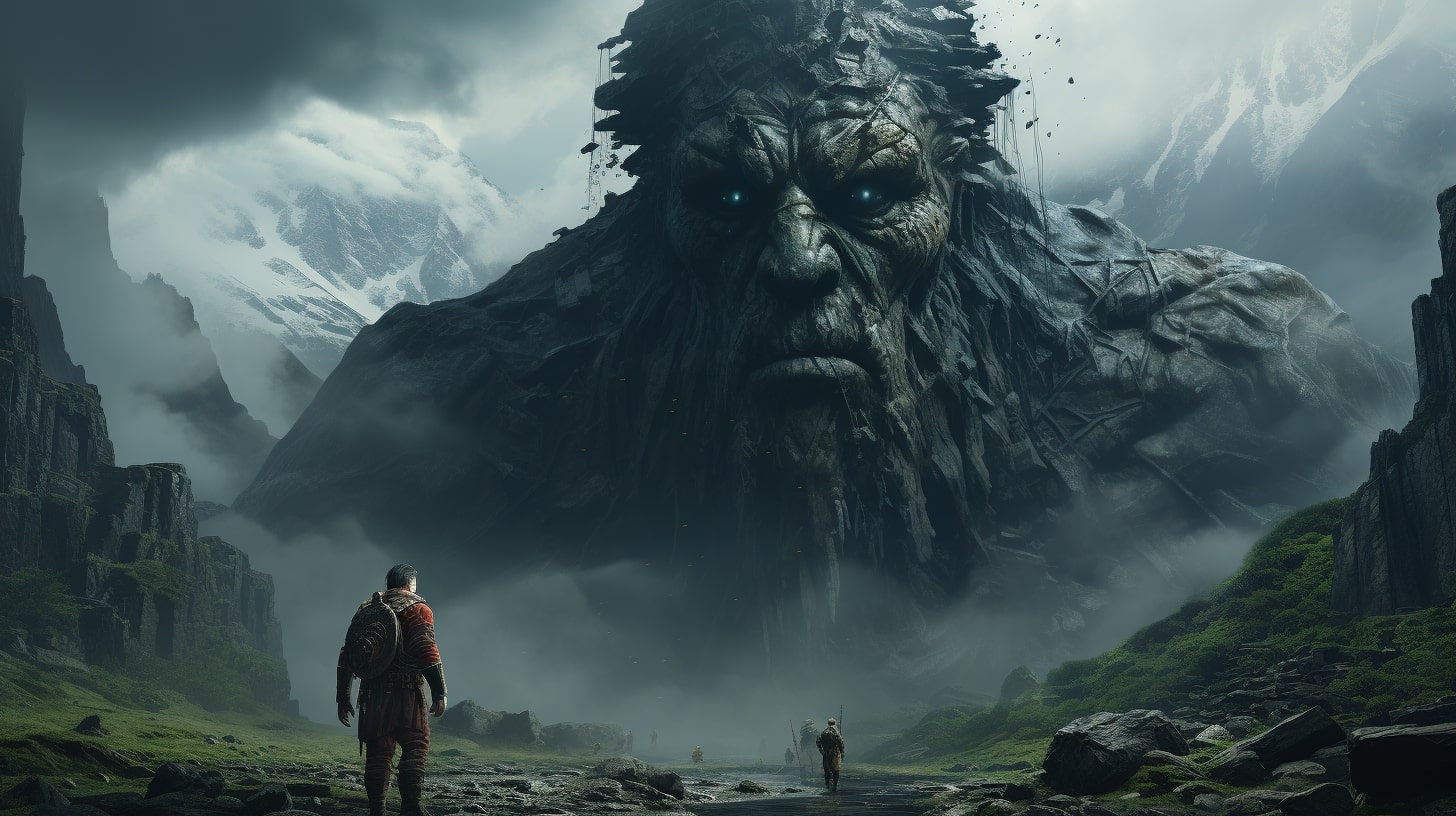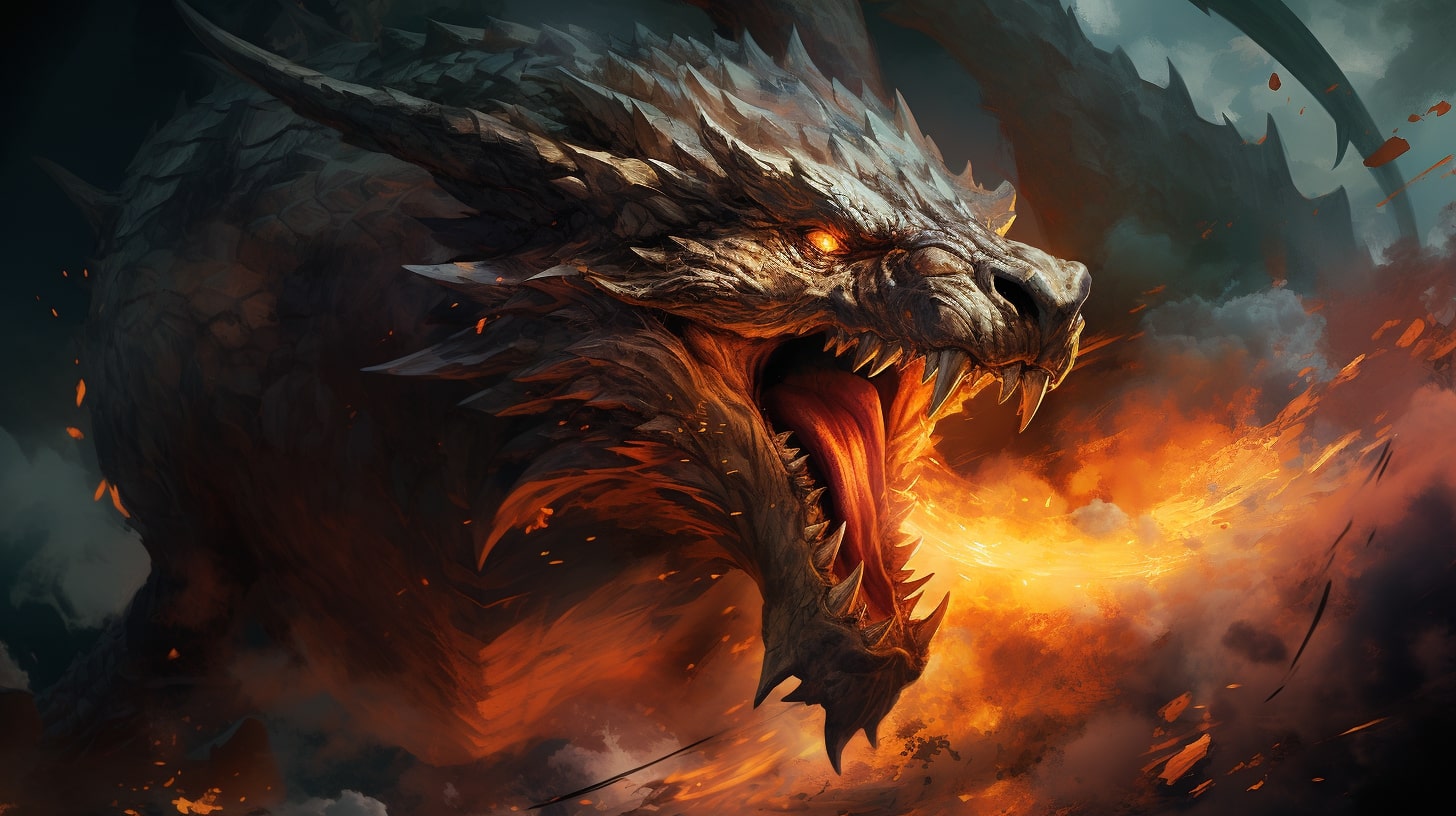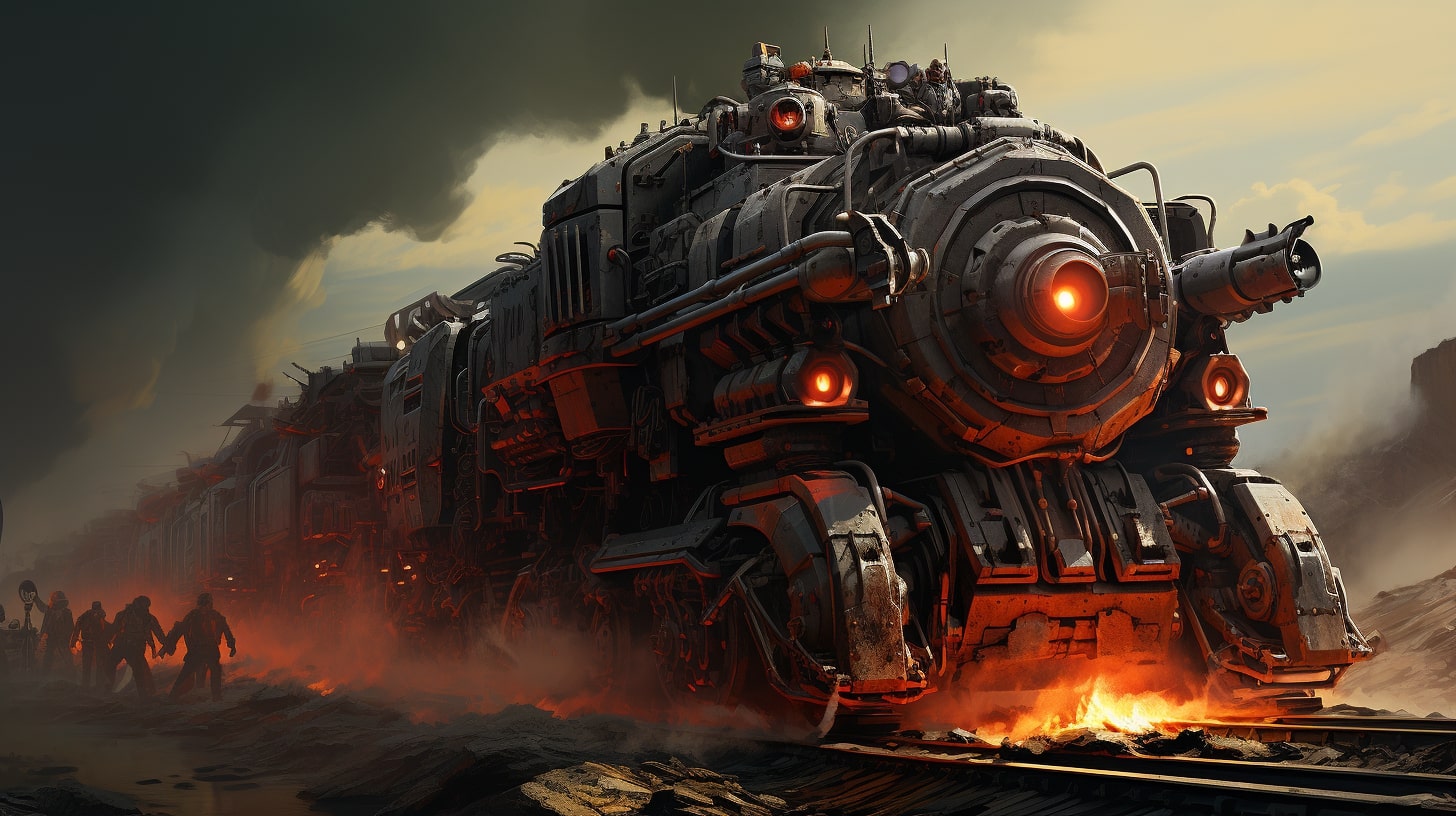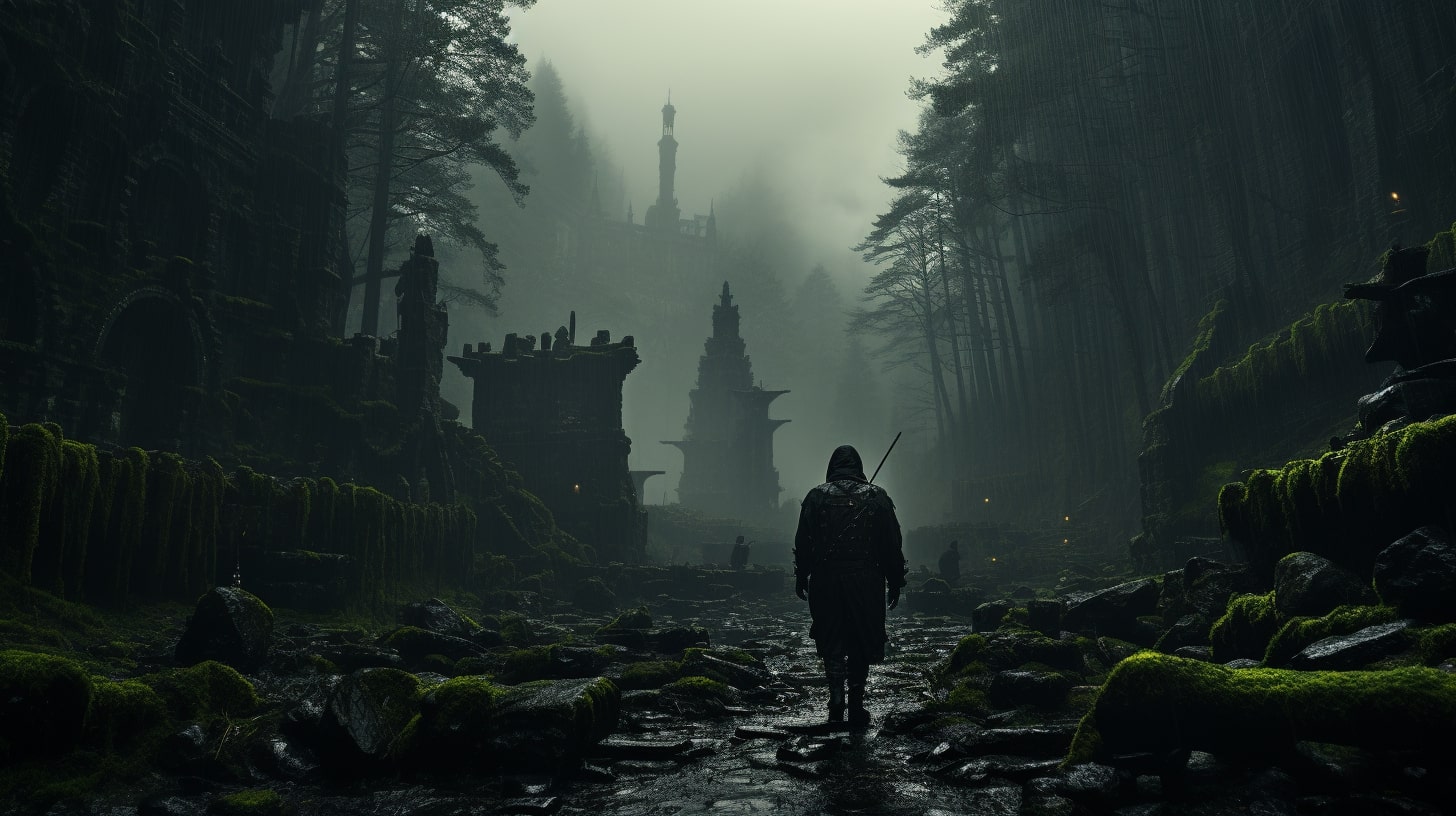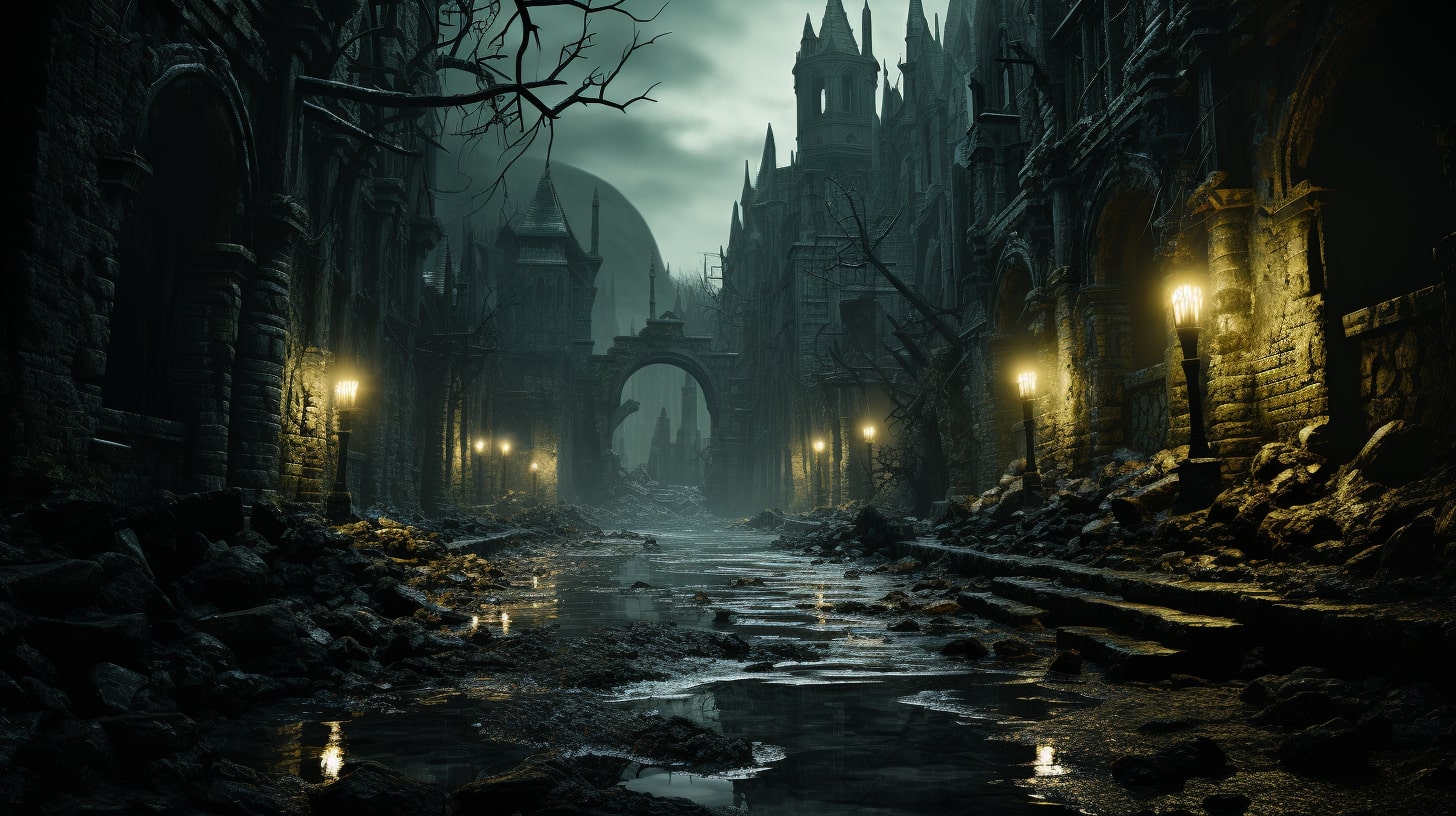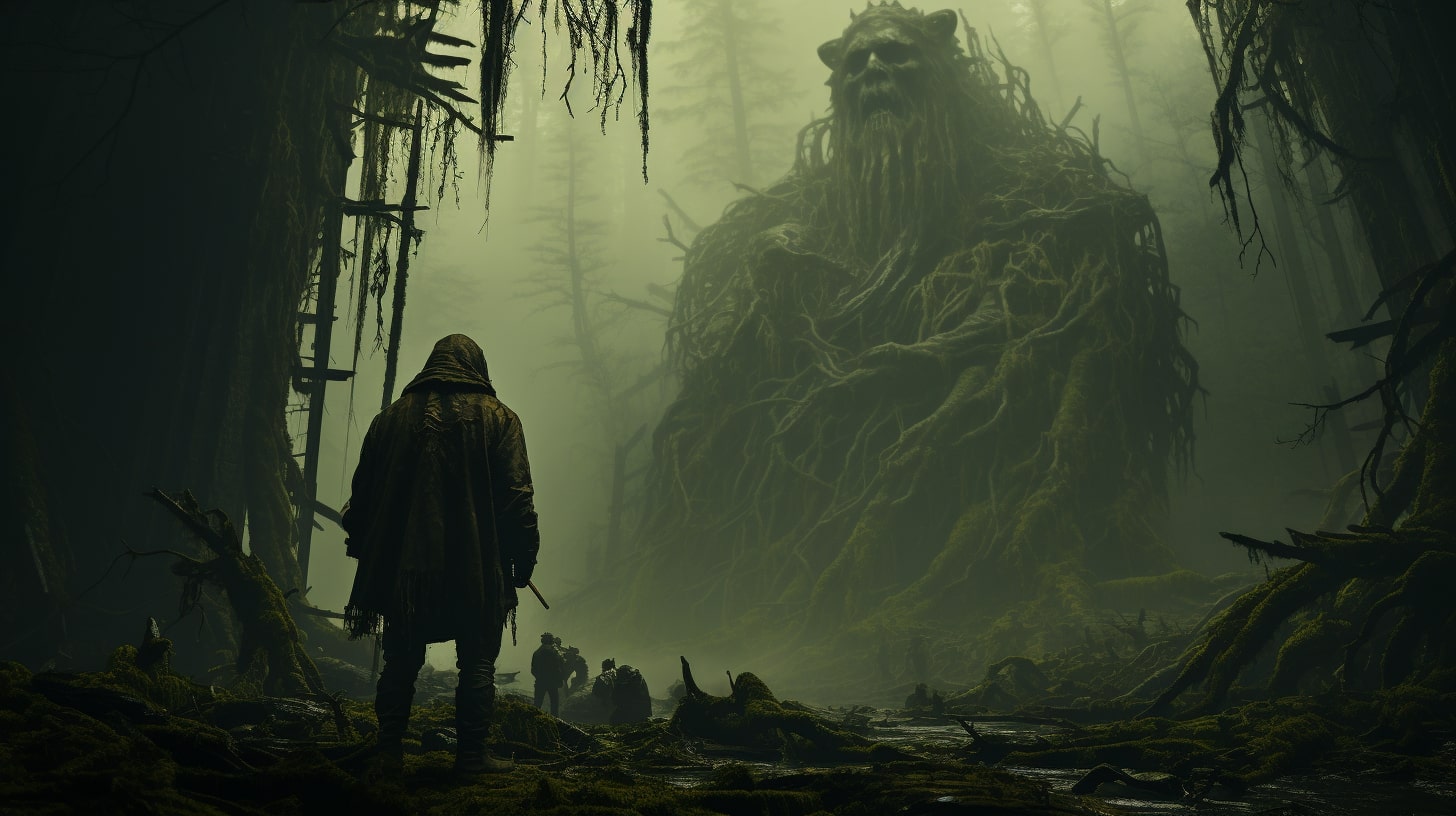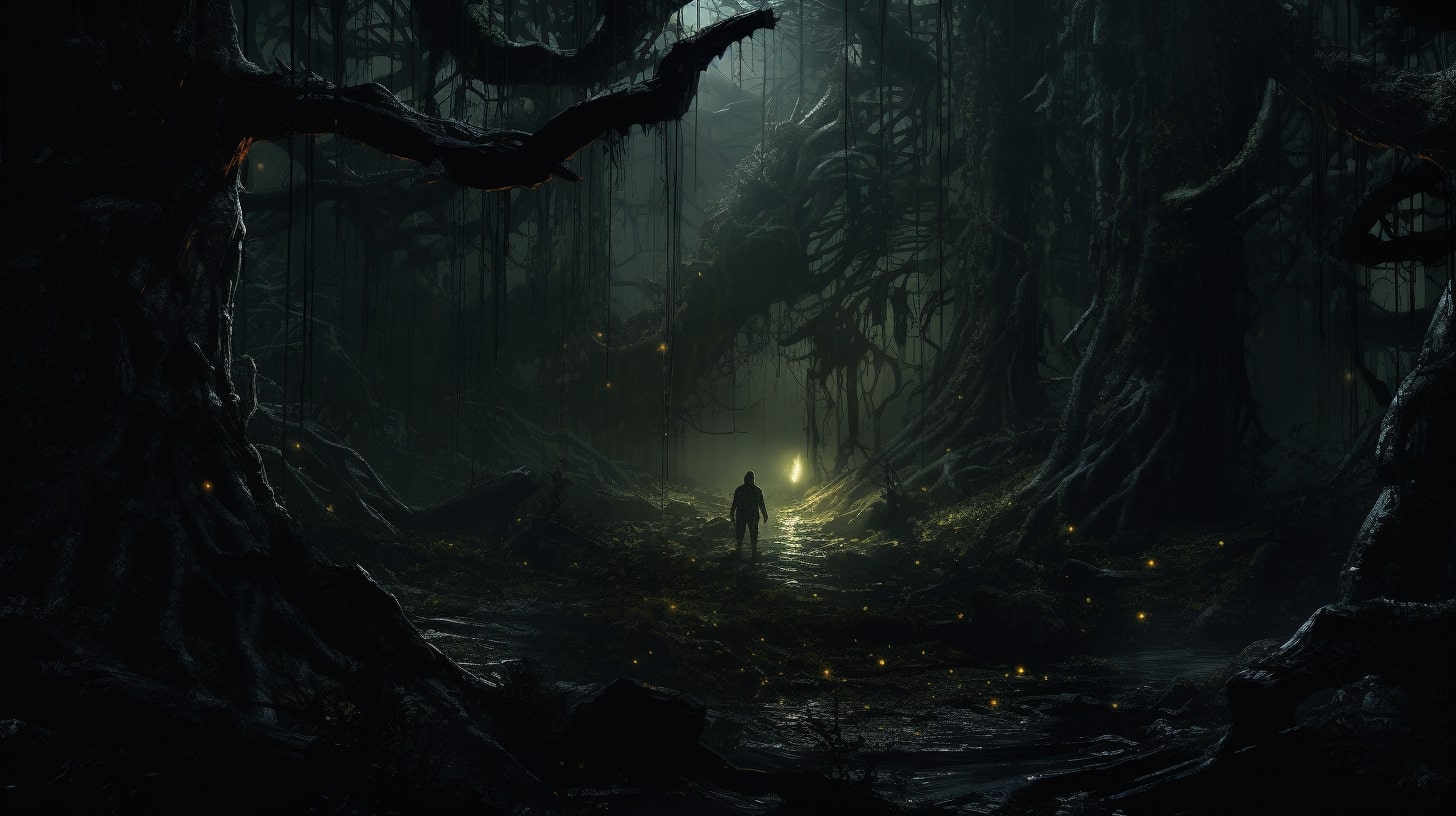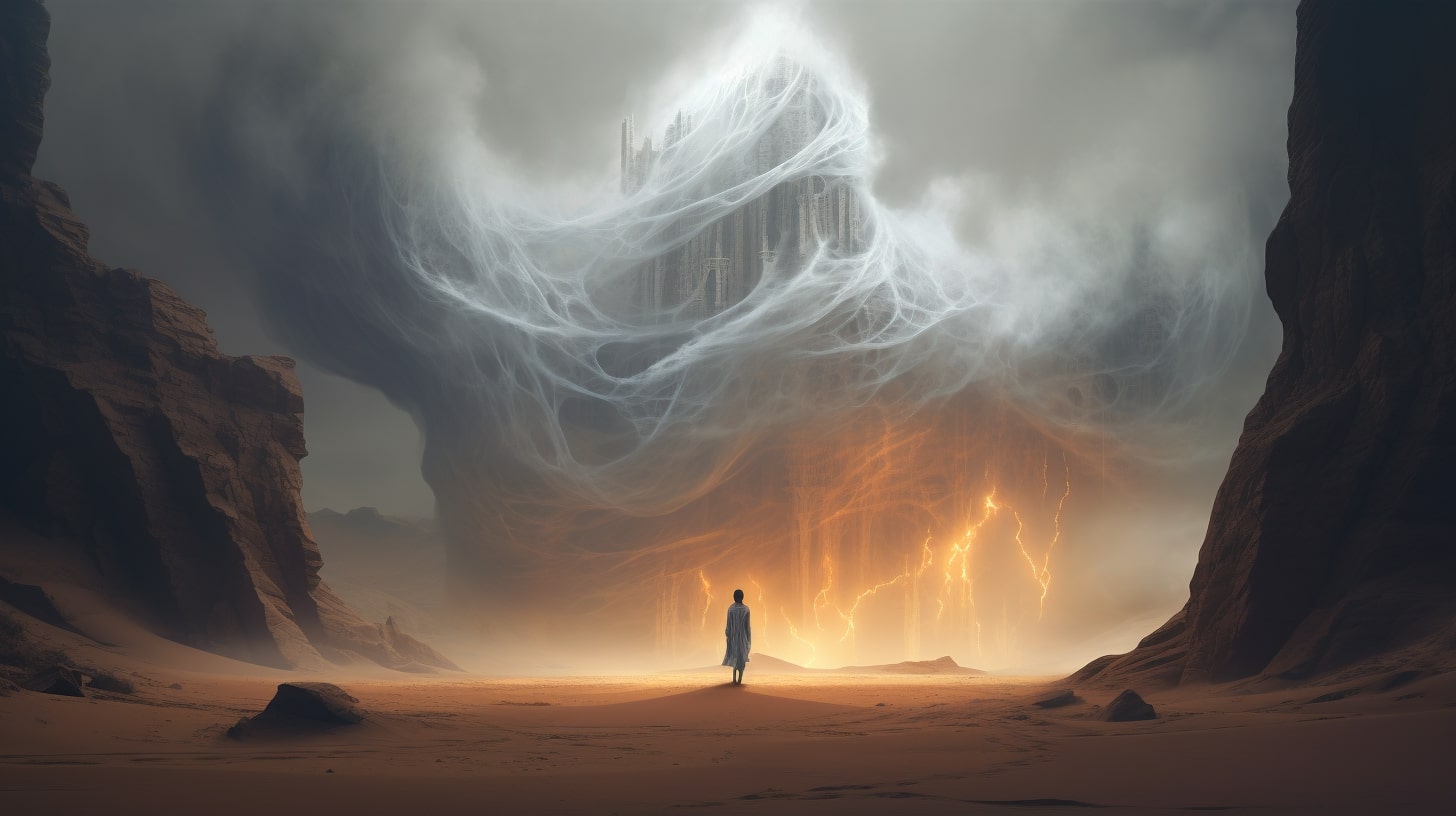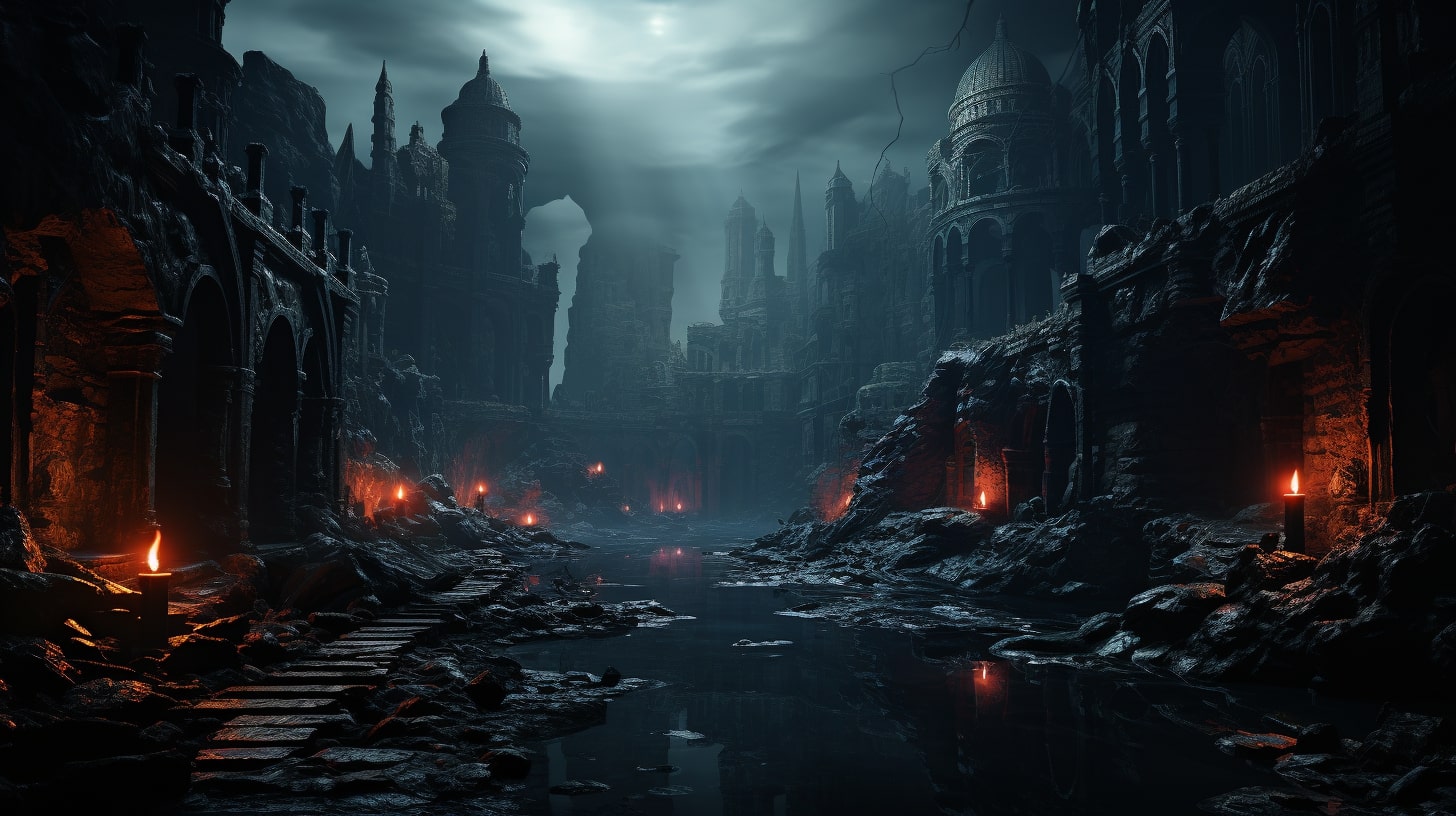The Art of Worldbuilding
In the realm of fantasy books, worldbuilding is an essential skill that allows authors to create intricate and immersive fictional worlds. It is the process of constructing an entire universe, complete with its own geography, history, cultures, and more.
By building a rich and believable world, authors transport readers into a realm where their imagination can roam freely. To aid in your worldbuilding it can be helpful to create a map.
But how do you do that and what goes into a map? This is what we're going to talk about as we explore worldbuilding maps.
What is Worldbuilding?
Worldbuilding is the act of constructing and developing a fictional world from scratch. It involves creating the physical and metaphysical aspects of the world, including its landscapes, societies, cultures, and even its magical or supernatural elements. Through worldbuilding, authors have the power to shape every aspect of their universe, from the grandest kingdoms to the tiniest details.
When you engage in worldbuilding, you become the architect of your own universe. You have the freedom to design the rules that govern your world, crafting its history, geography, and inhabitants with meticulous detail. It is a process that requires imagination, creativity, and attention to detail to bring your world to life.
Importance of Worldbuilding in Fantasy Books
Worldbuilding plays a vital role in the success of fantasy books. It serves as the foundation upon which the narrative unfolds, providing a rich backdrop for the story and its characters. Here are a few reasons why worldbuilding is crucial:
Immersive Experience: A well-developed world captivates readers and immerses them in a new and exciting reality. It allows them to escape into a realm where anything is possible and sparks their imagination.
Believability: Worldbuilding adds depth and authenticity to your story. By meticulously crafting the details of your world, you create a sense of believability that draws readers in and makes them invest in the story.
Consistency: A well-built world ensures consistency throughout the narrative. It helps maintain coherence in the story, ensuring that the rules, cultures, and environments remain logical and plausible.
Enriched Characters: Worldbuilding provides a context for your characters, shaping their beliefs, motivations, and interactions. The world they inhabit influences their behavior and adds layers of complexity to their development.
To embark on your worldbuilding journey, start by focusing on the basics and gradually expand your universe. Consider the geography, history, cultures, and other elements that make up your world. Remember, worldbuilding is a dynamic process that evolves as your story progresses. Embrace the creative freedom it offers and let your imagination soar.
For more guidance and inspiration on worldbuilding, check out our articles on worldbuilding ideas and worldbuilding prompts.
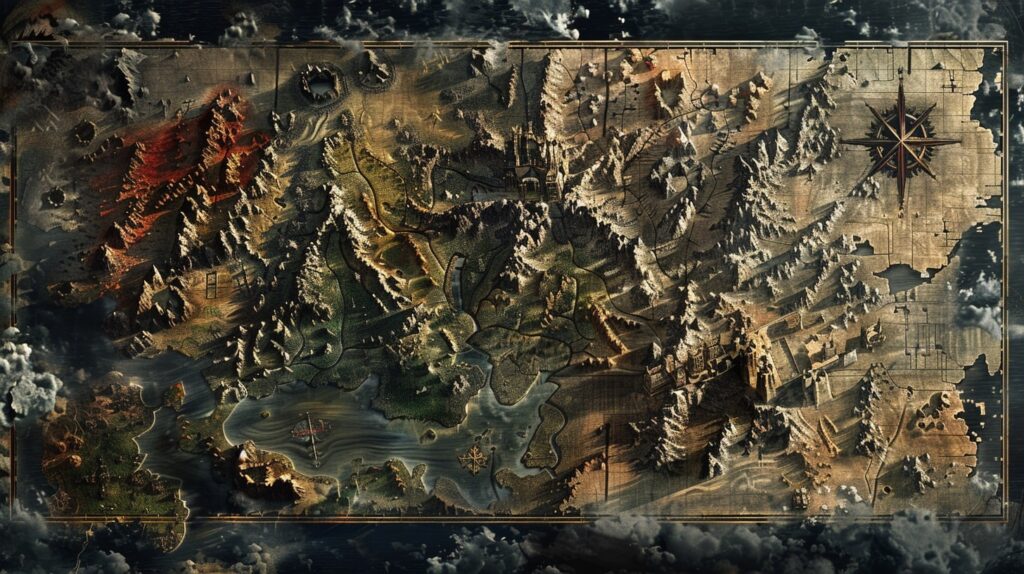
Worldbuilding Maps: An Essential Tool
As a fantasy author, worldbuilding maps are an invaluable tool in creating immersive and believable fictional worlds. These maps serve as a visual representation of your imaginary universe, helping you and your readers navigate and explore the intricacies of your created realm. Let's delve into the world of worldbuilding maps and explore their importance and different types.
Introduction to Worldbuilding Maps
Worldbuilding maps are visual representations of the landscapes, territories, and features of your fictional world. They provide a bird's-eye view of the geography, cities, landmarks, and other elements that make up your imaginary universe. These maps allow you to visualize the relationships between different locations, helping you maintain consistency and coherence in your storytelling.
Creating a worldbuilding map allows you to bring your imagination to life and provide your readers with a tangible reference point as they journey through your story. It adds depth and realism to your narrative, enabling your readers to immerse themselves fully in the world you've created.
Types of Worldbuilding Maps
There are several types of worldbuilding maps that you can consider creating for your fictional world. Here are a few examples:
| Map Type | Description |
|---|---|
| Physical Map | A physical map focuses on the natural features of your world, including landforms, bodies of water, mountains, forests, and deserts. It helps you visualize the geography and topography of your fictional realm. |
| Political Map | A political map highlights the political divisions and boundaries within your world, such as kingdoms, empires, cities, and regions. It showcases the distribution of power and authority within your fictional societies. |
| Cultural Map | A cultural map delves into the diverse cultures and ethnic groups within your world. It illustrates the locations of different civilizations, their languages, customs, and traditions. This type of map can be particularly useful when exploring the interactions between various cultures in your story. |
| Historical Map | A historical map provides insight into the past events and timelines of your world. It showcases the rise and fall of civilizations, the progression of empires, and significant historical landmarks or battles. It helps you establish a coherent history for your fictional realm. |
| Fantasy Map | A fantasy map is a combination of various map types, tailored specifically to the needs of your fantasy world. It incorporates elements of physical, political, cultural, and historical maps to create a comprehensive representation of your fictional universe. This type of map allows you to exercise creative freedom and highlight the unique aspects of your fantasy setting. |
By creating different types of worldbuilding maps, you can gain a deeper understanding of your fictional world and ensure consistency throughout your narrative. These maps serve as a reference point for both you and your readers, providing a visually engaging experience and enhancing the believability of your storytelling.
In the next section, we will explore the step-by-step process of creating your own worldbuilding map, allowing you to bring your imaginary universe to life. Stay tuned!
Note: If you're looking for more worldbuilding inspiration and techniques, be sure to check out our article on worldbuilding ideas and worldbuilding techniques.
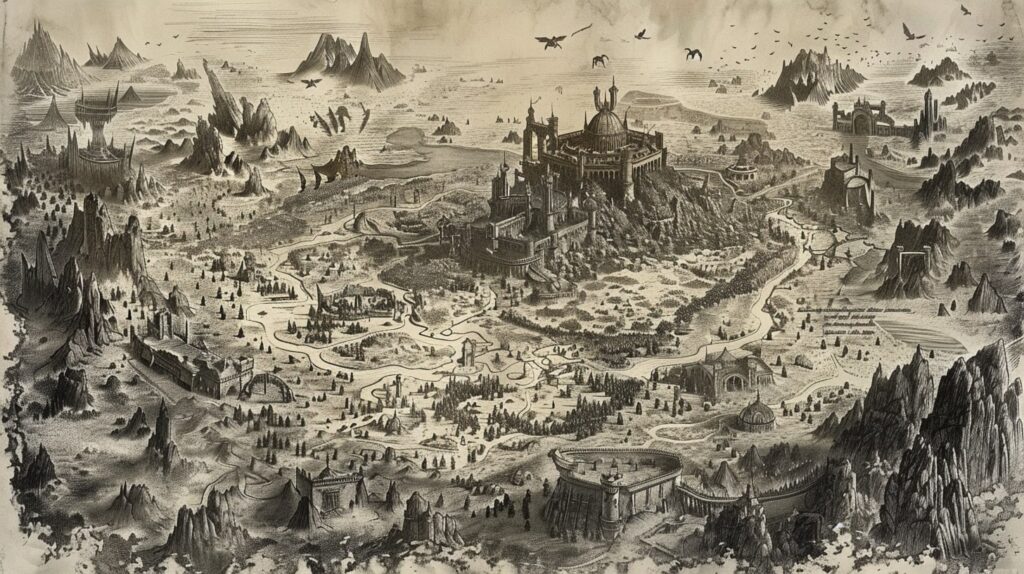
Creating Your Worldbuilding Map
Creating a worldbuilding map is an exciting and essential part of the worldbuilding process for fantasy authors like you. It helps bring your imaginary universe to life and provides a visual reference for your readers. To create an effective worldbuilding map, follow these four key steps:
Step 1: Defining the Scope and Scale
Start by defining the scope and scale of your world. Consider the size of your world and the level of detail you want to include. Will your story take place in a single kingdom, an entire continent, or even across multiple worlds? This step helps you establish the boundaries and parameters of your map.
Step 2: Sketching the Landmasses and Terrain
Once you have determined the scope, begin sketching out the landmasses and terrain of your world. Think about the overall shape of the continents, islands, mountains, rivers, and other geographical features. Remember, your map doesn't need to be geographically accurate; it's a representation of your imaginary world. Consider using different colors or shading techniques to distinguish between different landforms.
Step 3: Adding Geographic Features
Next, add specific geographic features to your worldbuilding map. This could include forests, deserts, lakes, oceans, and any other natural elements that play a role in your story. These features help define the environment and create a sense of realism within your world. Feel free to get creative and add unique or fantastical elements that make your world distinct.
Step 4: Incorporating Cultural and Political Elements
To make your world feel more alive, incorporate cultural and political elements into your map. Consider the locations of cities, towns, villages, and important landmarks. Indicate borders, territories, and the distribution of different cultures or civilizations. This step helps establish the social and political dynamics of your world. For more guidance on worldbuilding, check out our article on worldbuilding guide.
By following these steps, you can create a detailed and immersive worldbuilding map for your fantasy universe. Remember, the map serves as a visual aid for both you as the author and your readers. It helps you maintain consistency and continuity throughout your story and guides the narrative. For inspiration and additional worldbuilding resources, check out our article on worldbuilding inspiration.
So grab your pencils, pens, or digital tools, and start mapping out the world of your imagination. Let your creativity flow as you bring your world to life with a captivating and visually engaging map.
Using tools like Incarnate can also make things more interesting and fun.
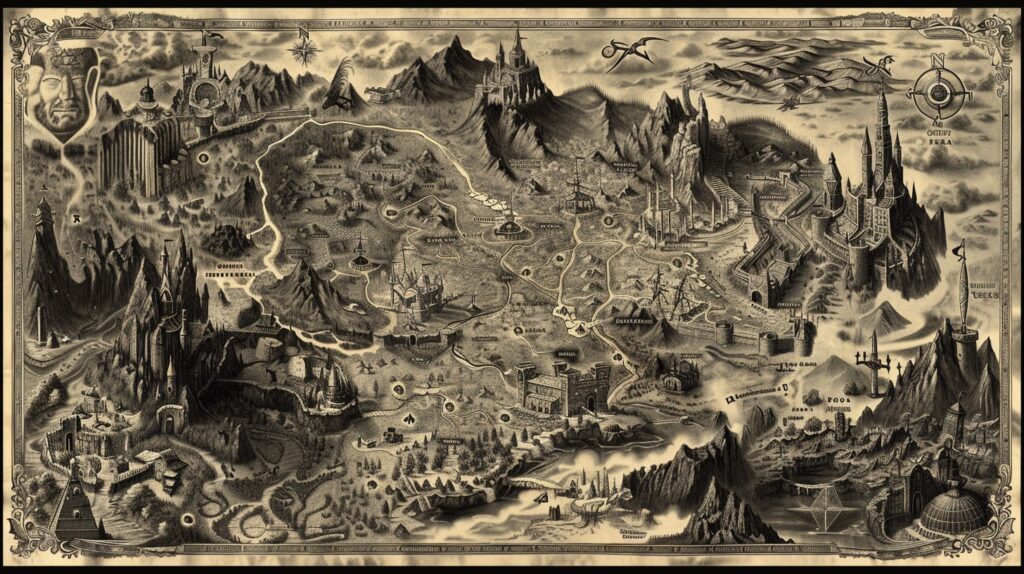
Map Design and Elements
When creating a worldbuilding map, the design and elements you choose play a crucial role in conveying the essence of your imaginary universe. Here are some key considerations for designing your map: choosing the right style, adding labels and legends, and incorporating depth and detail.
Choosing the Right Style for Your Map
The style of your map sets the aesthetic tone for your world. There are various options to choose from, including hand-drawn, digital, or a combination of both. Consider the genre and tone of your story when selecting a style. A medieval fantasy setting might benefit from a hand-drawn map with detailed illustrations, while a futuristic science fiction world might call for a sleek and digitally rendered map. Let the style of your map enhance the overall atmosphere and immerse your readers in your world.
Labels and Legends
Clear and informative labels and legends are essential components of a worldbuilding map. Labels help identify geographical features, such as mountains, rivers, and cities, while legends provide explanations for symbols or colors used on the map. Use a consistent and easily understandable labeling system to ensure that readers can navigate your map effortlessly. Including a key or legend helps readers interpret the meaning behind the symbols and colors used, enhancing their understanding of your world.
Adding Depth and Detail
To make your worldbuilding map visually captivating, add depth and detail to each element. Consider using shading or contour lines to depict elevation and terrain features like hills and valleys. Incorporate geographical landmarks, such as forests, deserts, or lakes, to make your map more visually interesting. Additionally, include important cultural and political elements like borders, cities, and landmarks that are relevant to your story. These details bring your world to life and provide valuable context for your readers.
Remember, the purpose of your worldbuilding map is to aid in storytelling and provide readers with a visual representation of your imaginary universe. By carefully considering the style, labels, legends, and level of detail in your map design, you can create a compelling visual tool that enhances your storytelling and immerses your readers in your world.
For more worldbuilding ideas and resources, check out our articles on worldbuilding inspiration and worldbuilding resources.
Enhancing Your Worldbuilding with Maps
As a fantasy author, incorporating worldbuilding maps into your storytelling can greatly enhance the depth and immersion of your narrative. Maps not only serve as visual aids for readers, but they also serve as valuable tools for guiding your own storytelling process. Here are three ways in which maps can enhance your worldbuilding:
Using Maps to Guide Your Narrative
Maps can serve as a compass for your narrative, providing you with a clear sense of direction and geography as you navigate your fictional world. By referring to your map, you can ensure consistency in terms of locations, distances, and travel routes. This helps to prevent inconsistencies and plot holes, allowing your readers to follow along with your characters' journeys more effectively. Additionally, as you plot out your story, you can use the map to visualize the relationships between different locations and plan out key events or encounters along the way.
Inspiring Adventure and Exploration
Worldbuilding maps can be a source of inspiration for your storytelling, sparking ideas for new adventures and exploration. As you study the layout of your world, you may uncover uncharted territories, hidden landmarks, or unique geographical features that can become focal points for your characters' quests or discoveries. The map can act as a visual prompt, stimulating your creativity and encouraging you to delve deeper into the unexplored corners of your fictional realm. If you're looking for more worldbuilding ideas, check out our article on worldbuilding ideas.
Consistency and Continuity in Your World
By consistently referencing your worldbuilding map, you can ensure continuity in your storytelling. As your narrative progresses, it's crucial to maintain a consistent portrayal of your world's geography, locations, and landmarks. The map serves as a visual reference to avoid contradictory descriptions and maintain a sense of believability for your readers. This consistency helps to ground your story and make it feel more cohesive and immersive. For more tips on worldbuilding, check out our worldbuilding guide.
By incorporating worldbuilding maps into your storytelling process, you can enhance both the planning and execution of your narrative. Maps provide a visual representation of your world, guiding your narrative, inspiring new adventures, and ensuring consistency throughout your storytelling journey. So grab your pen and paper or digital design tools, and let your imagination roam as you bring your fictional world to life on the map.

